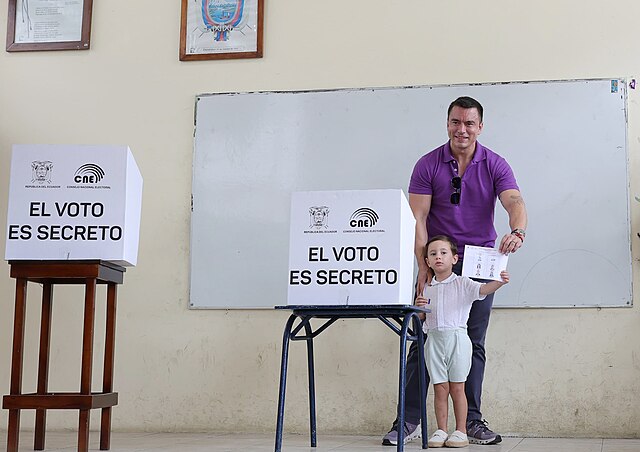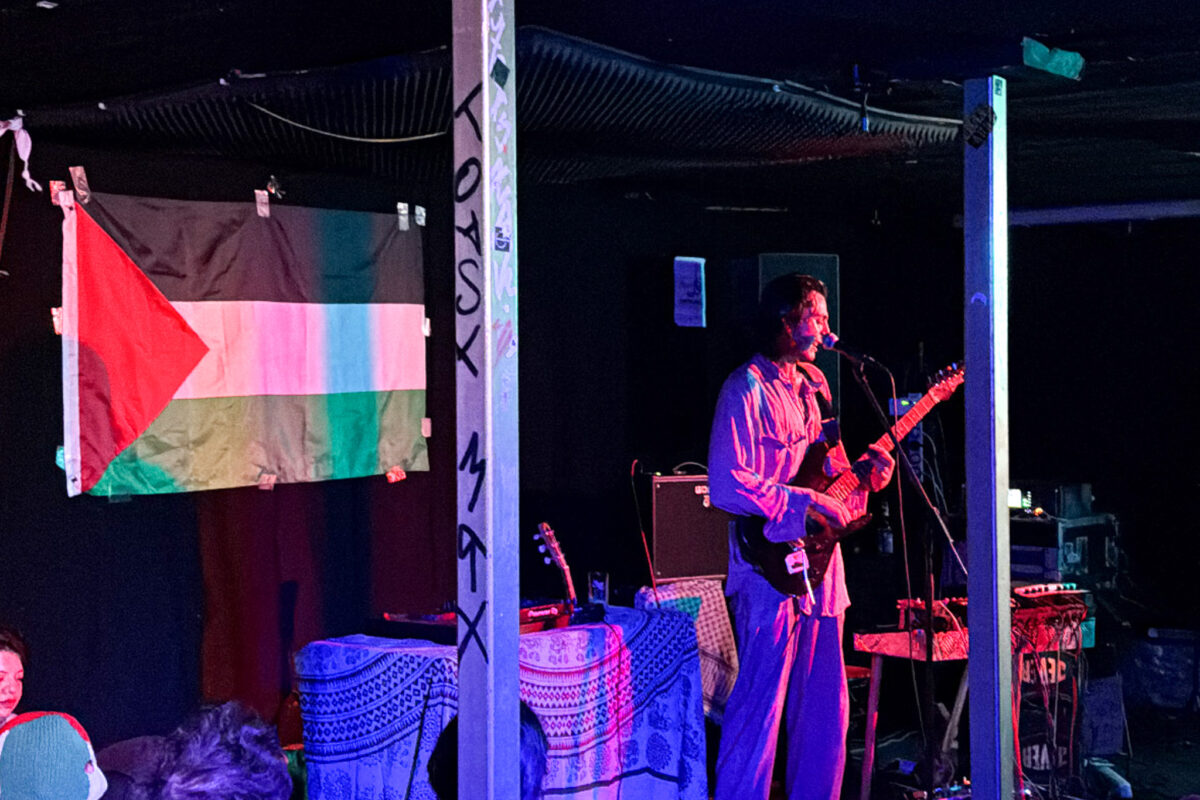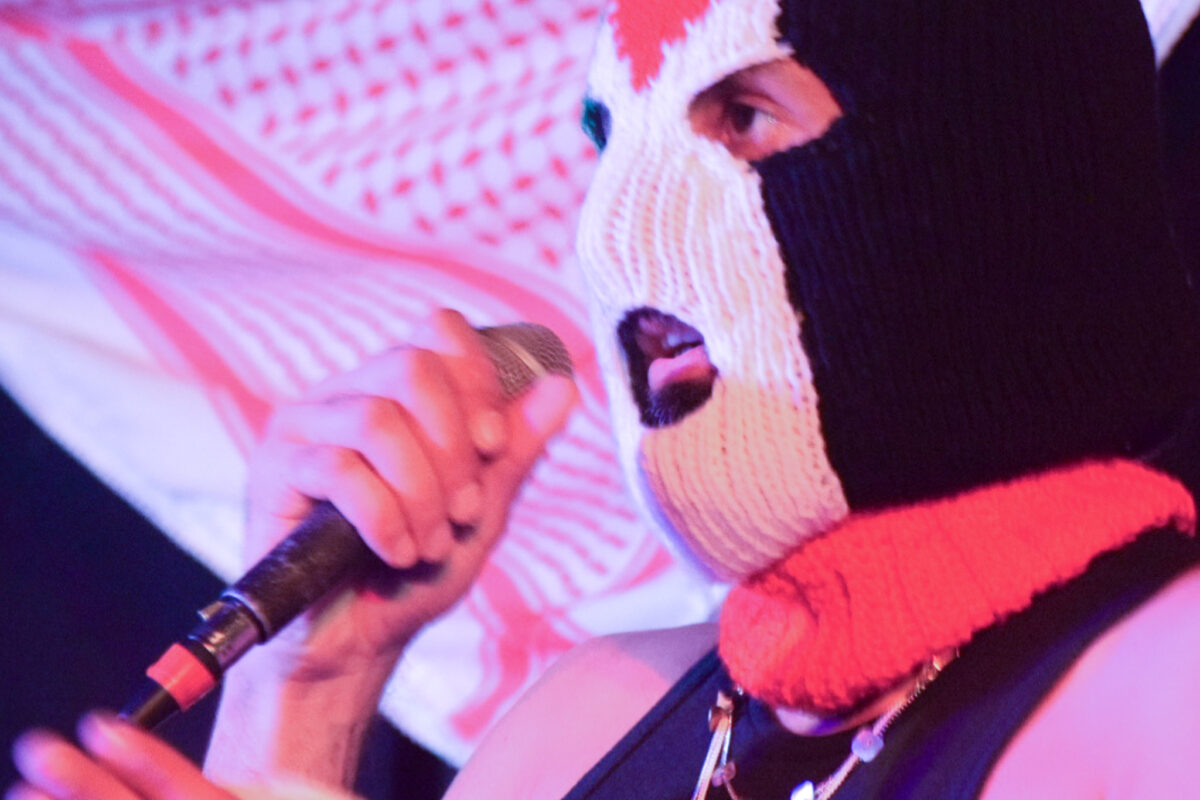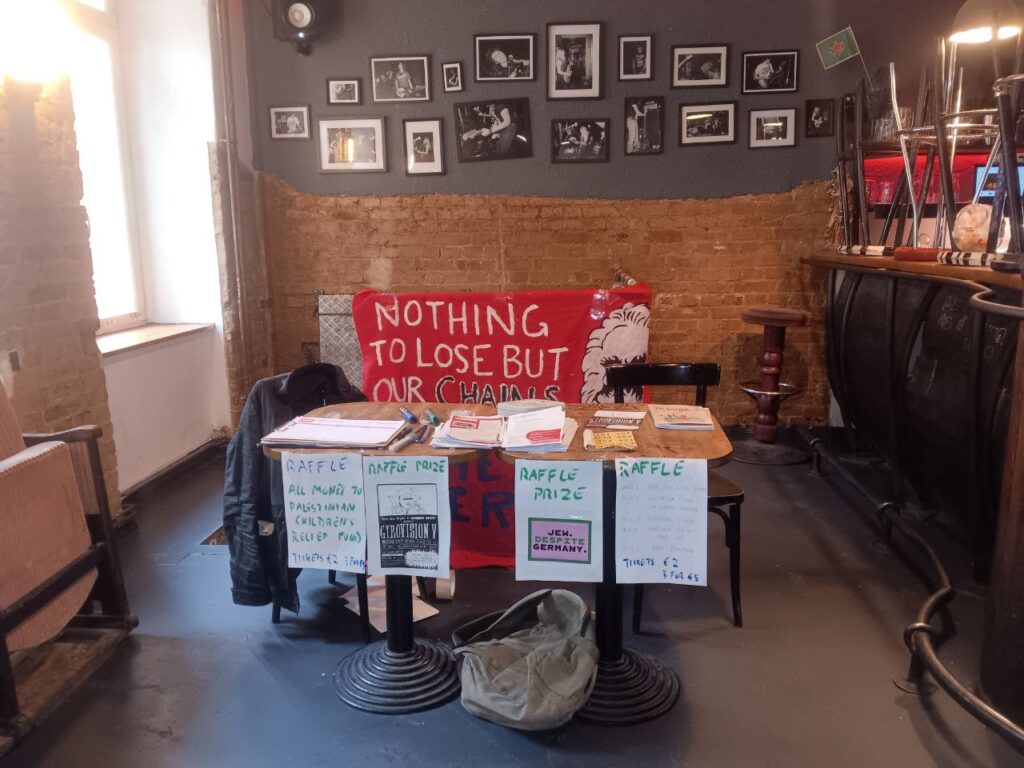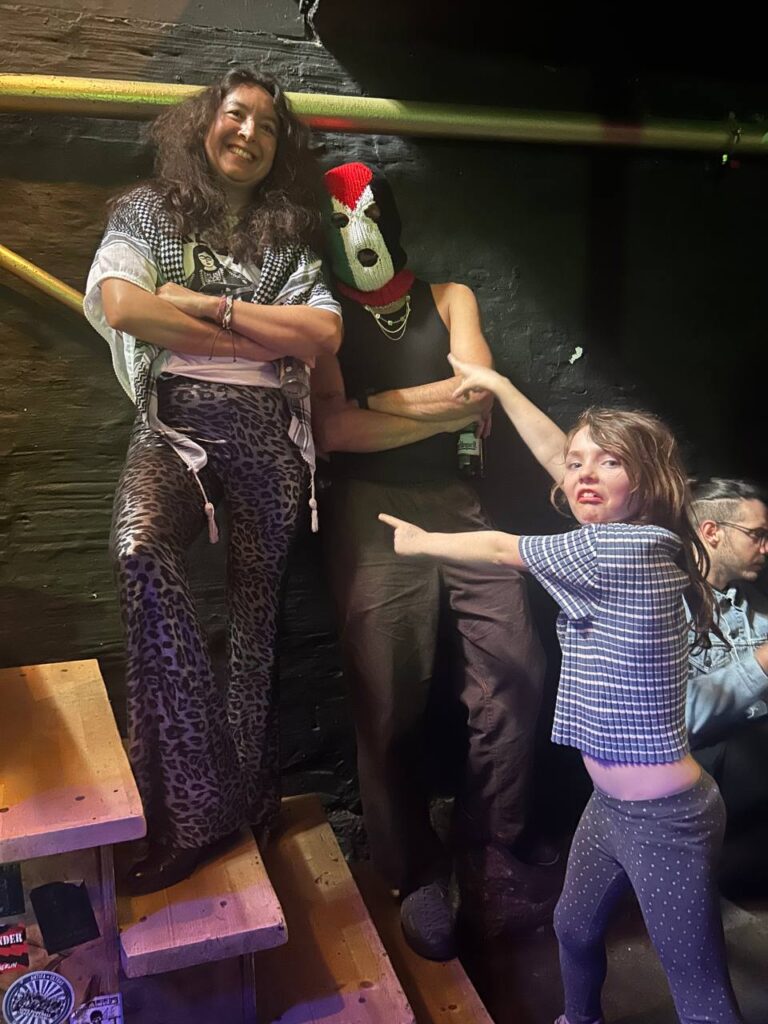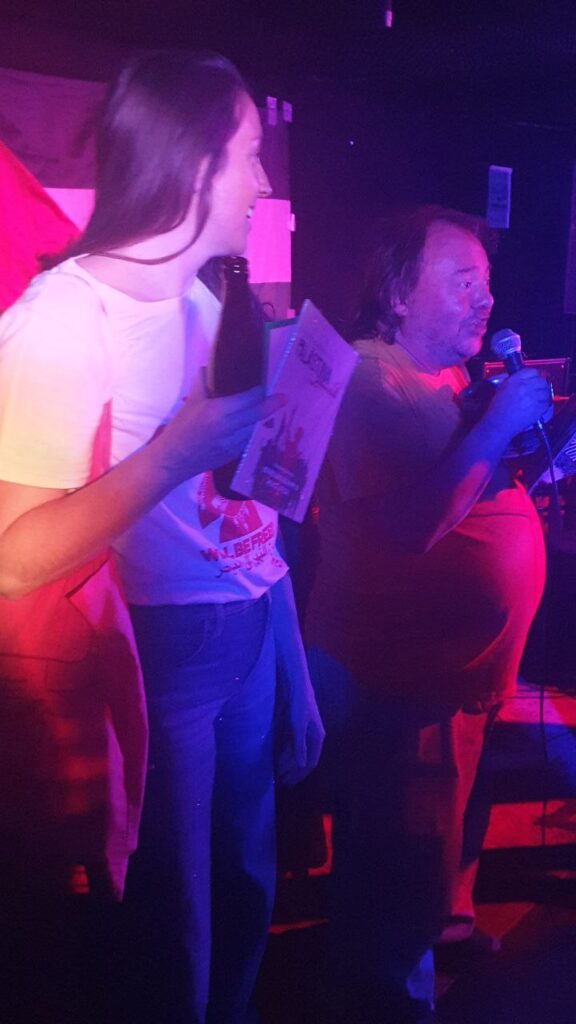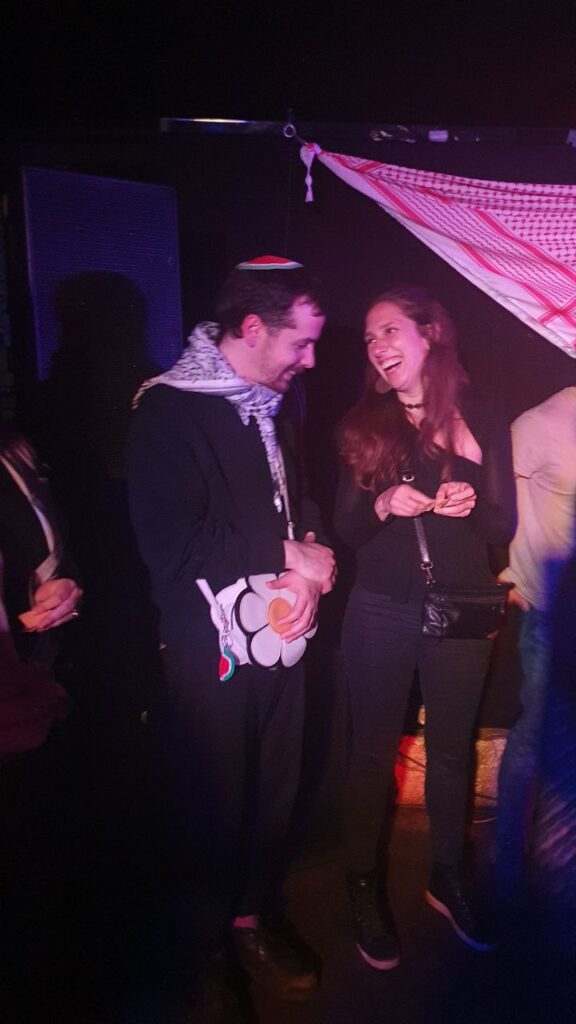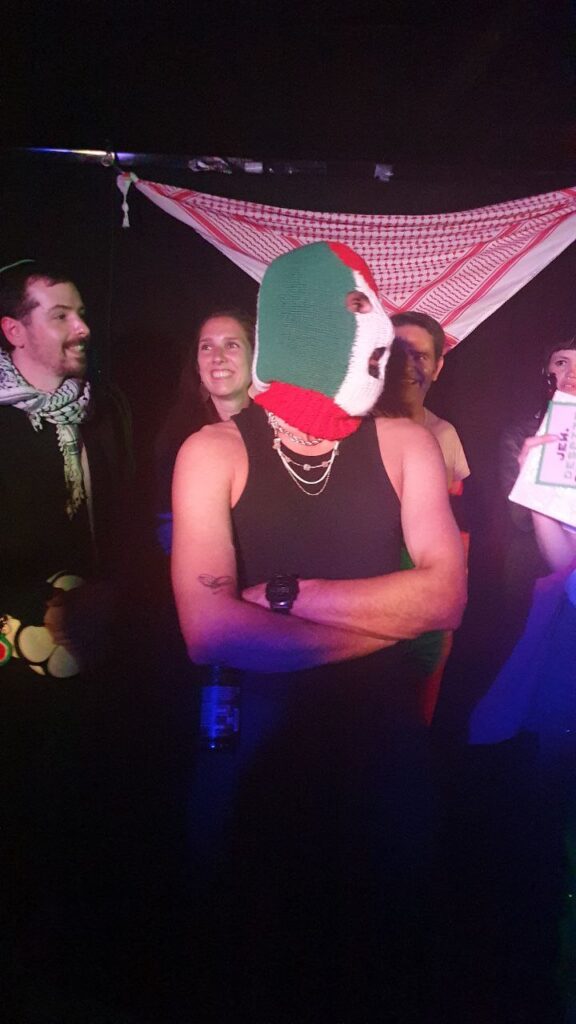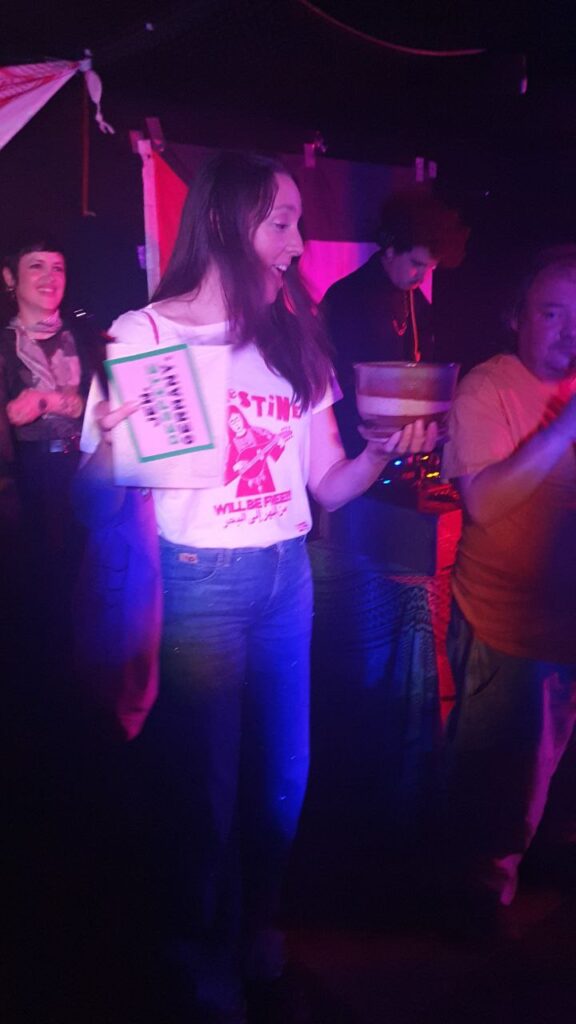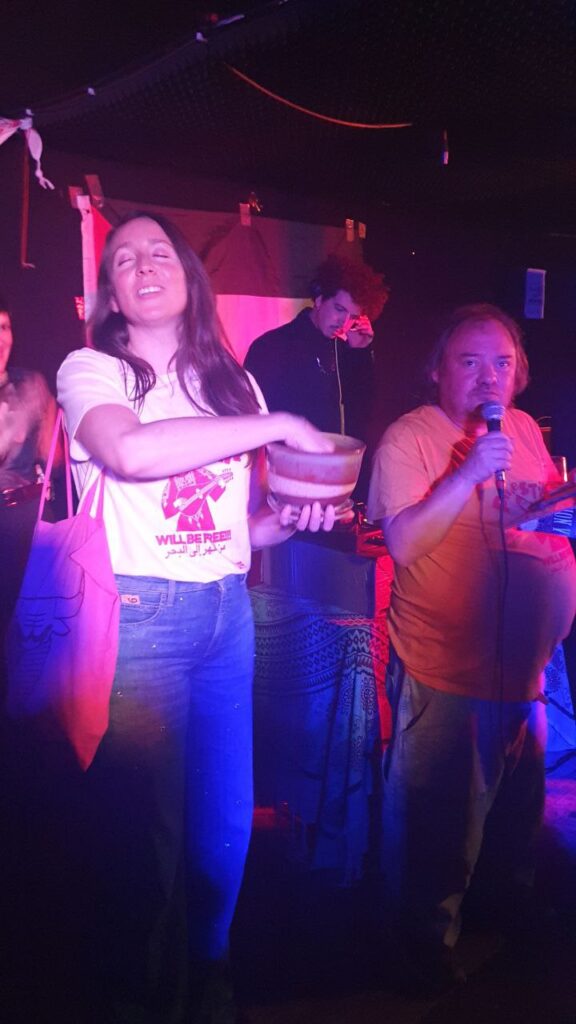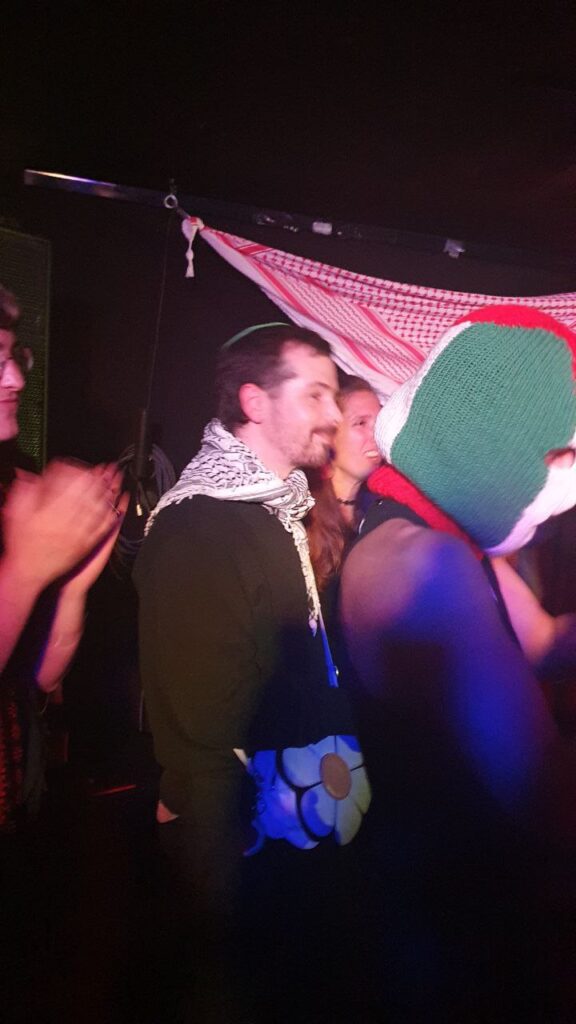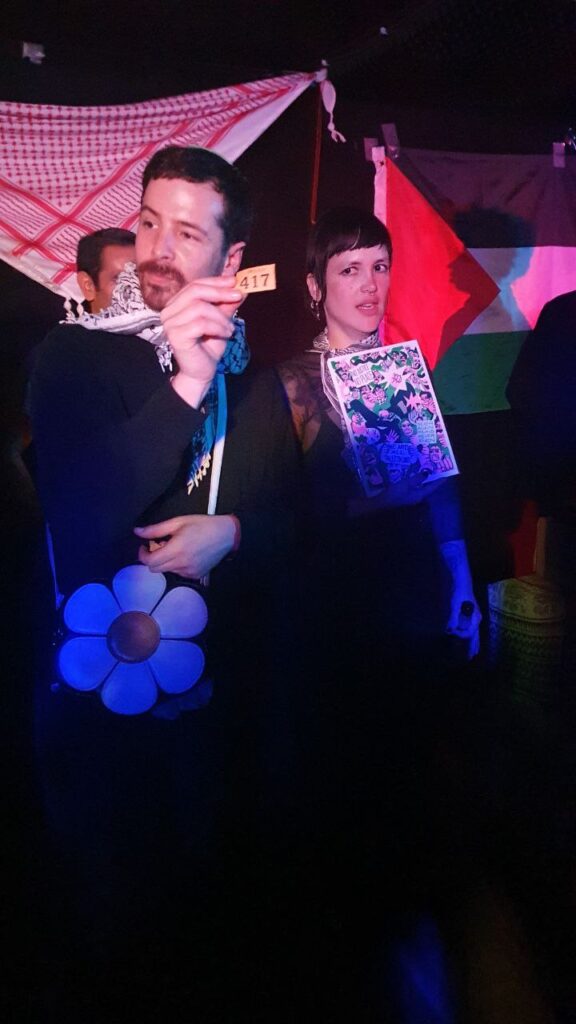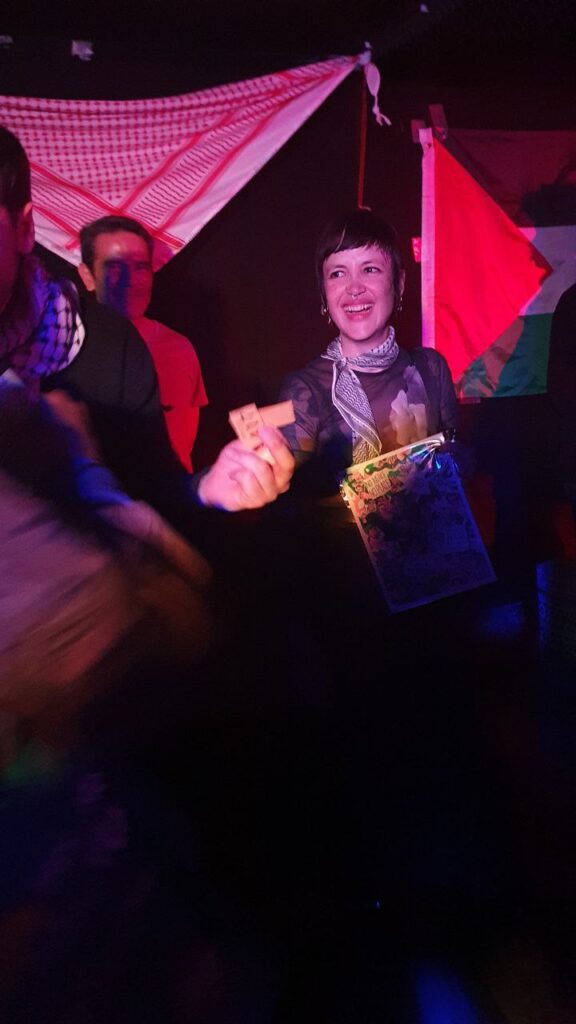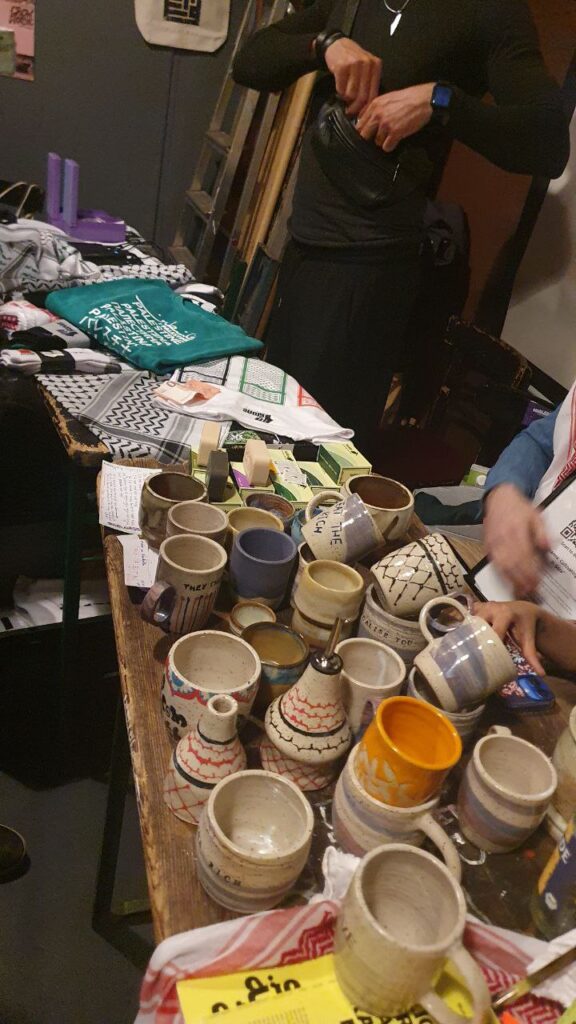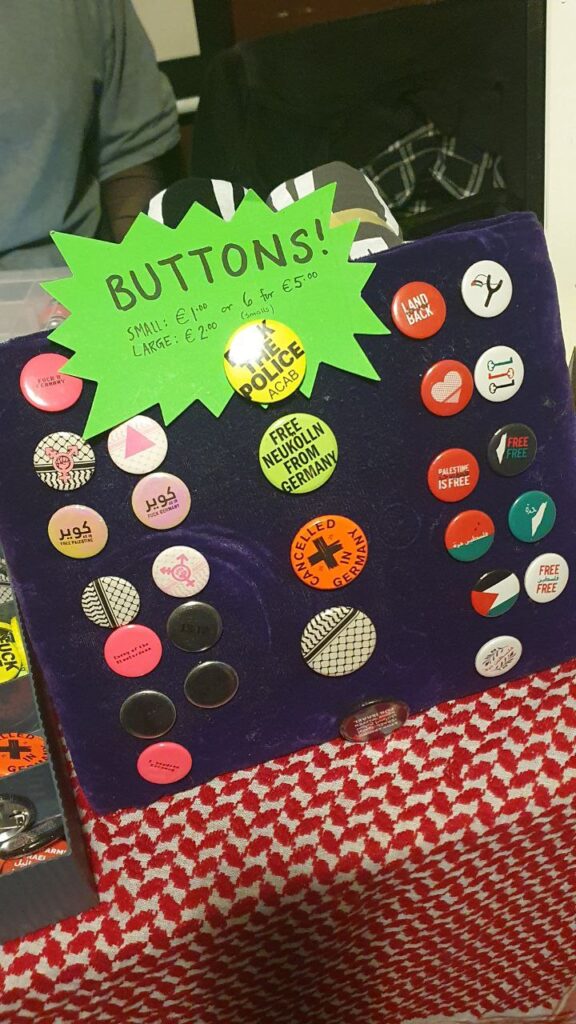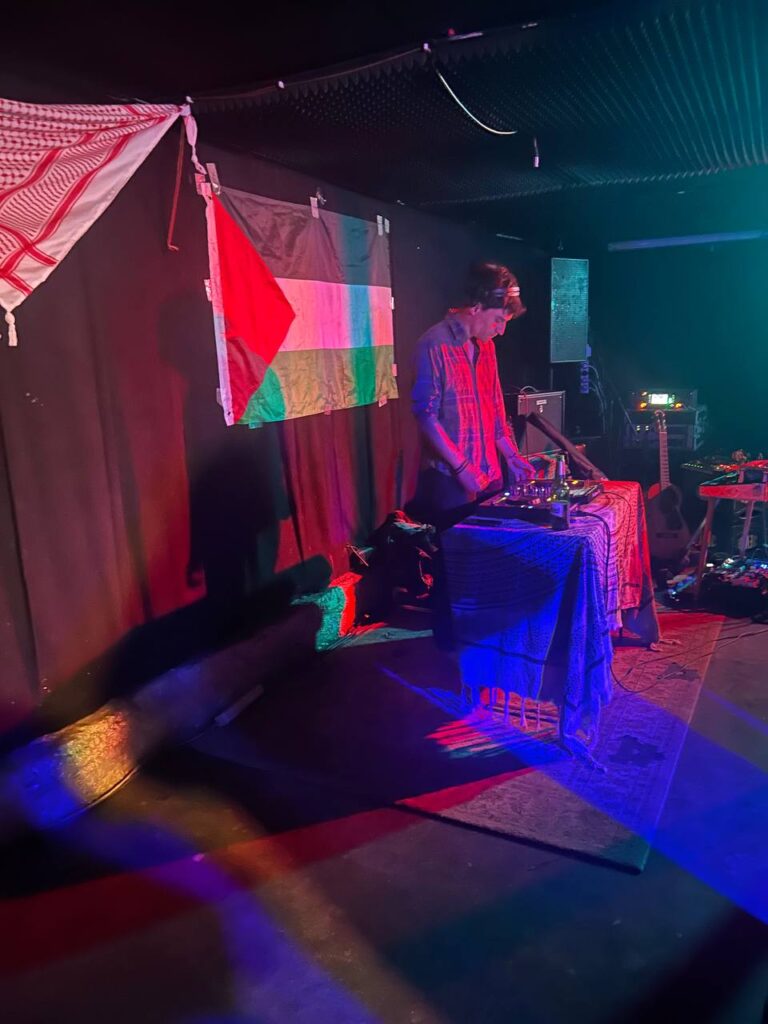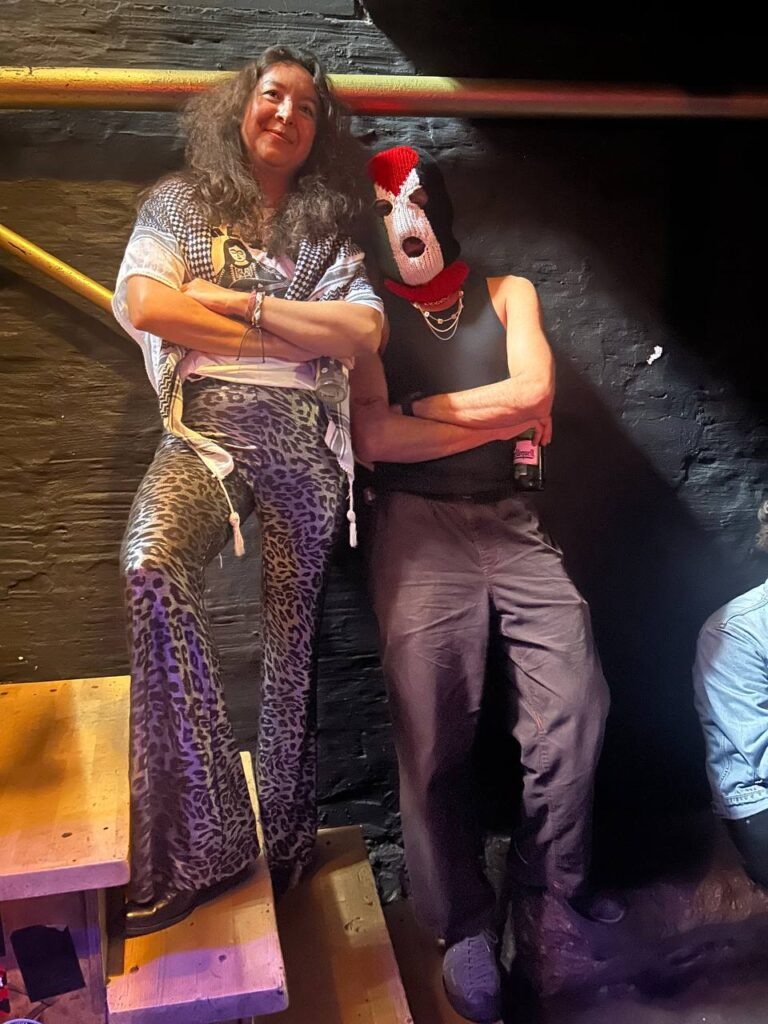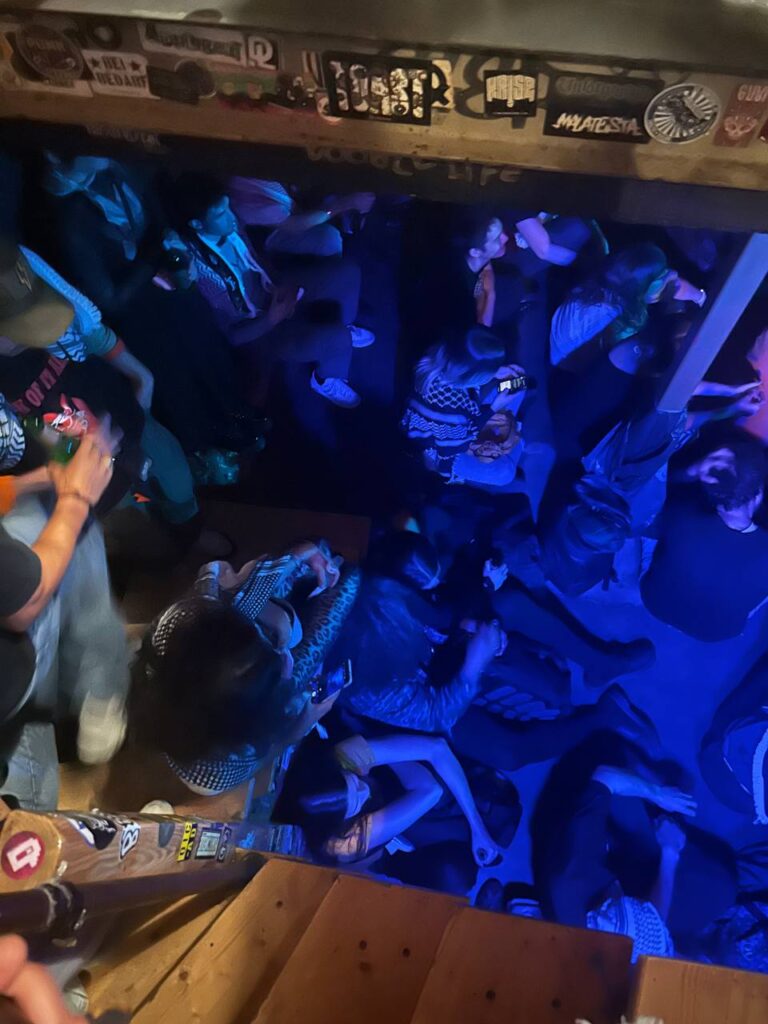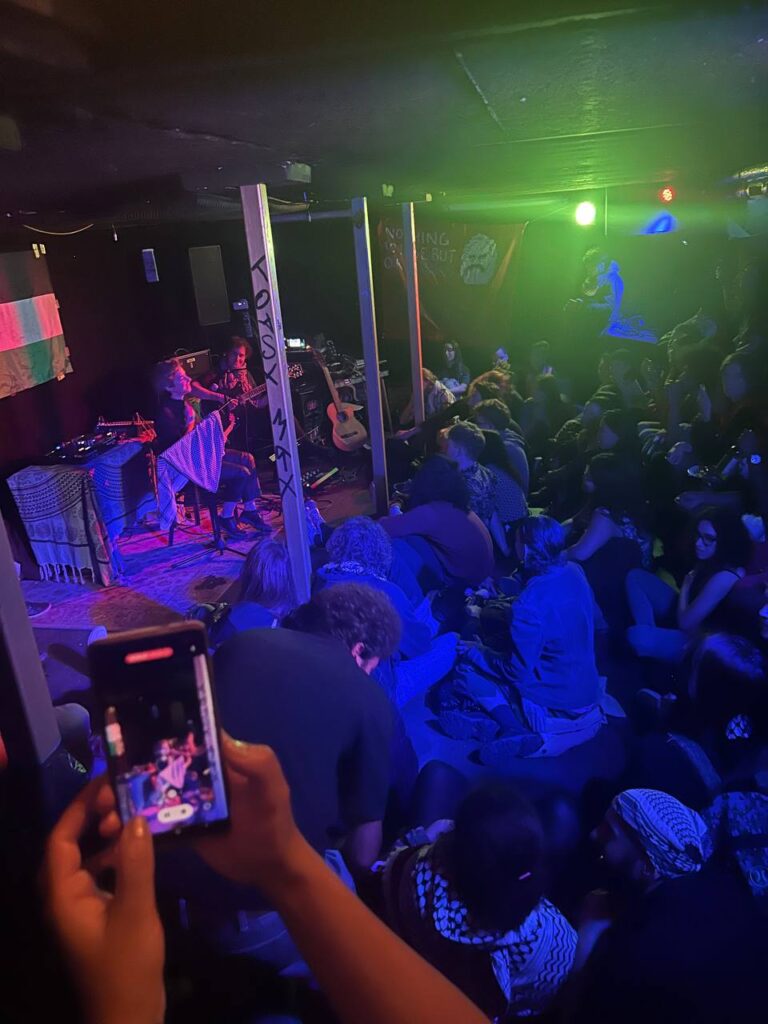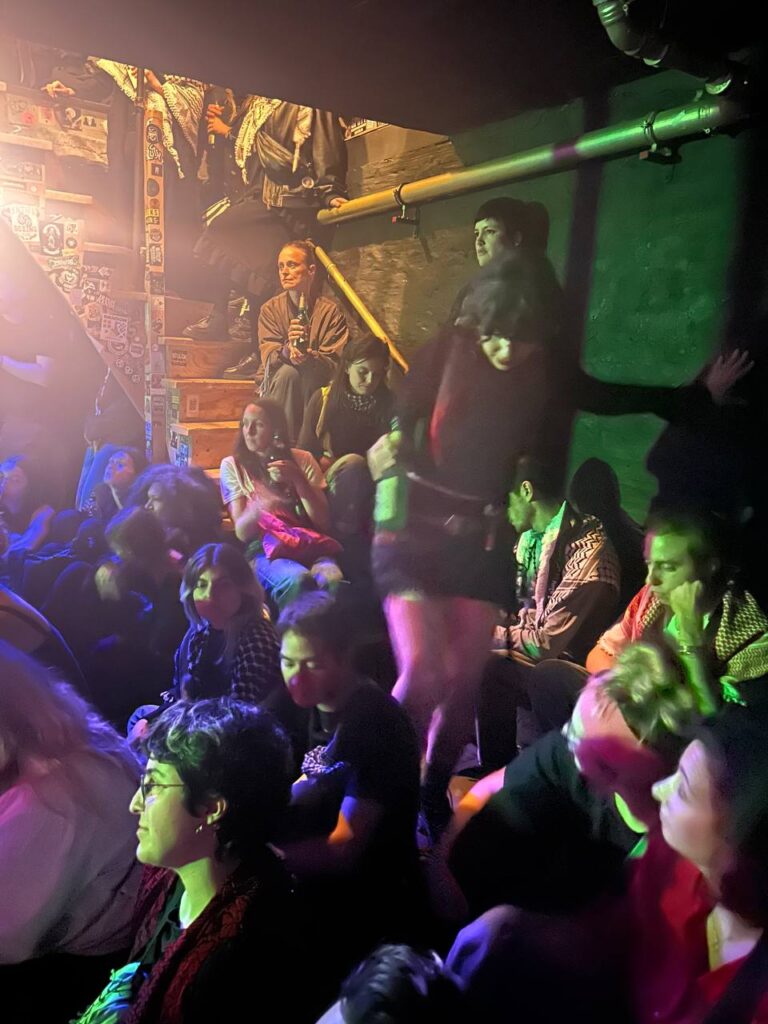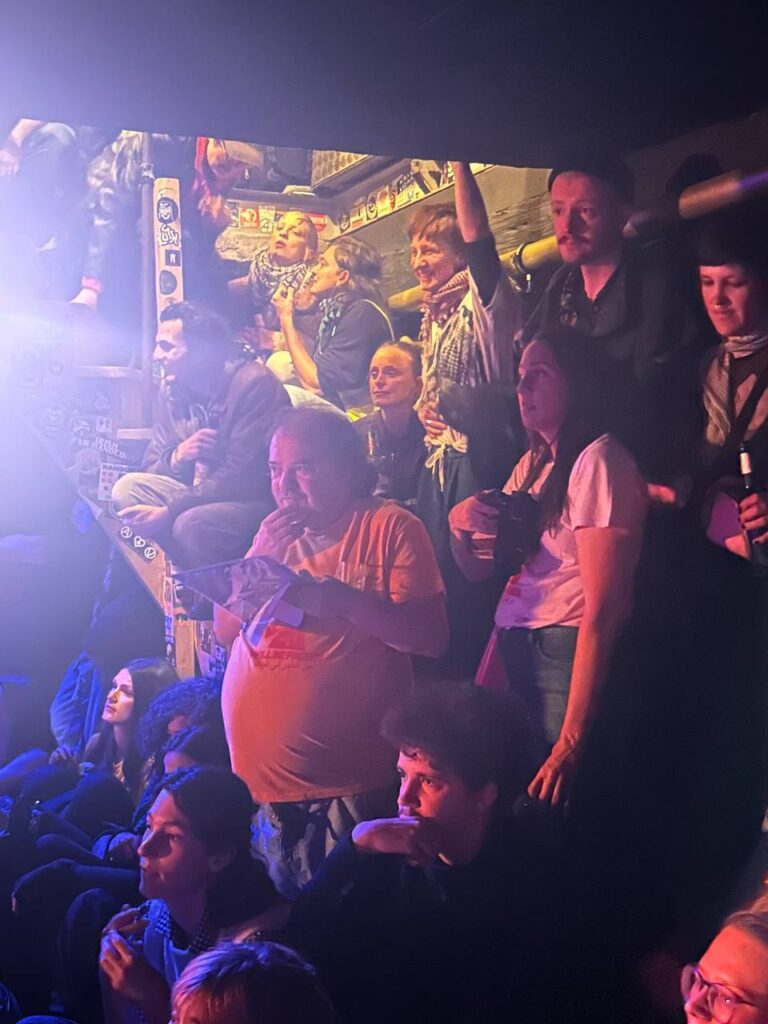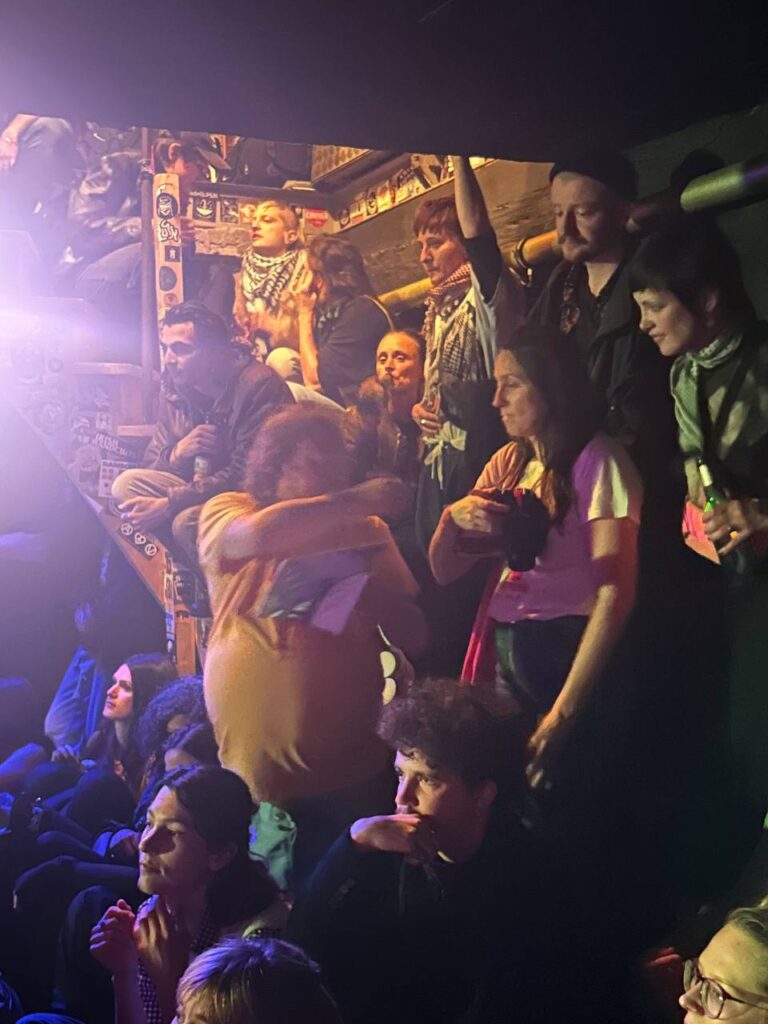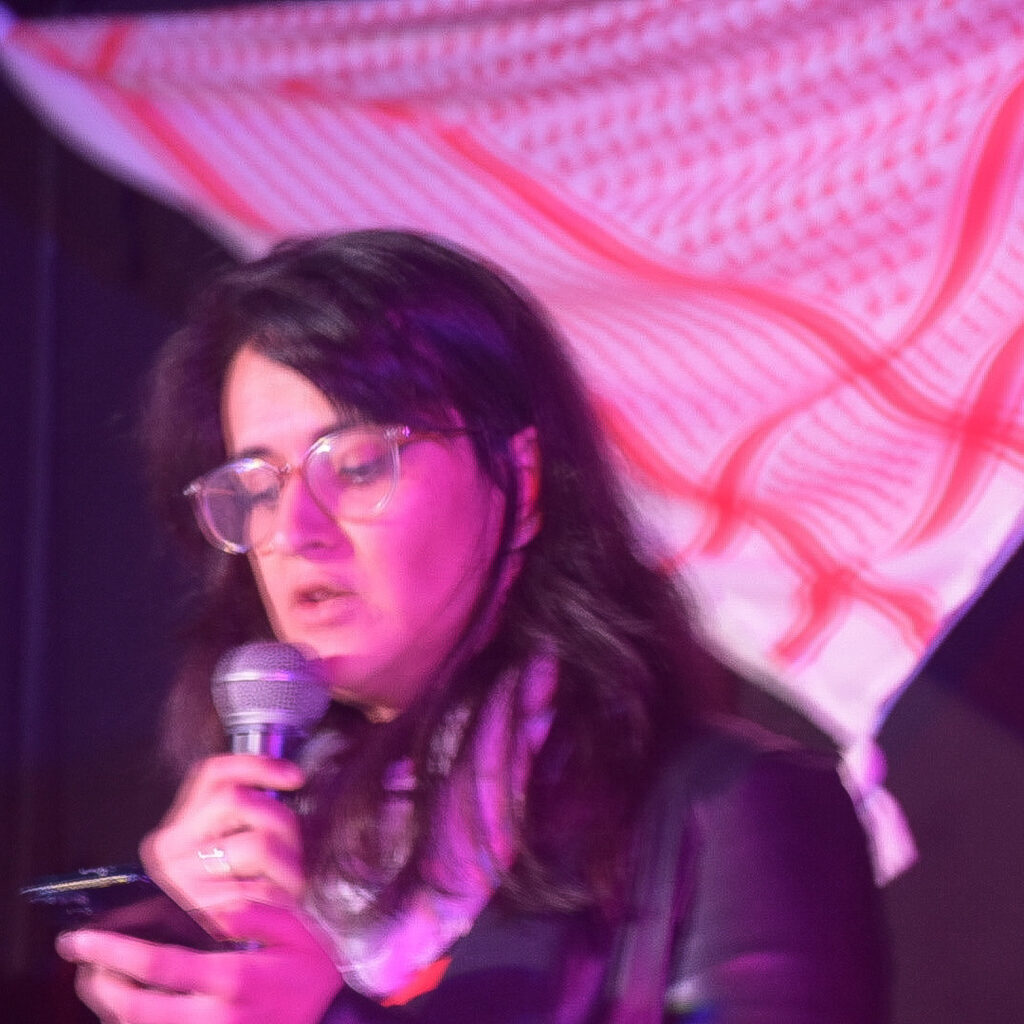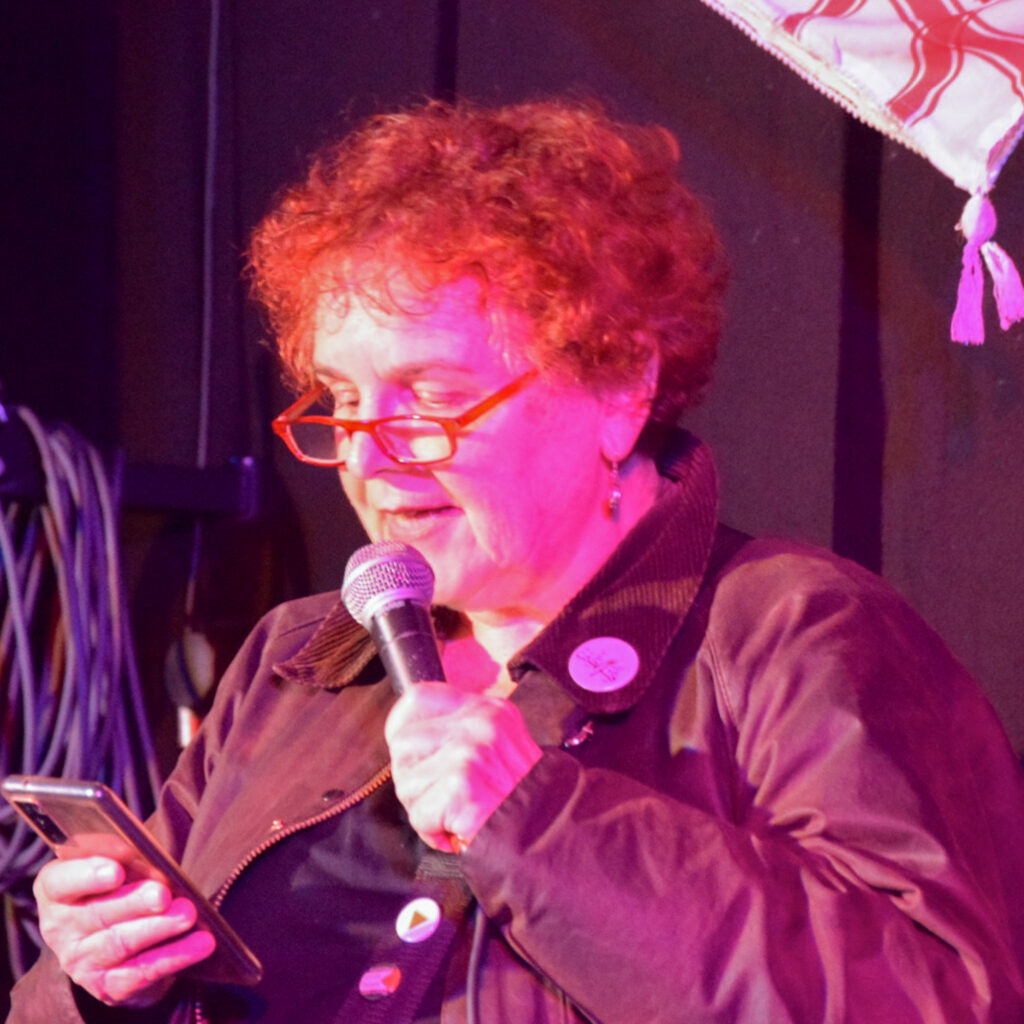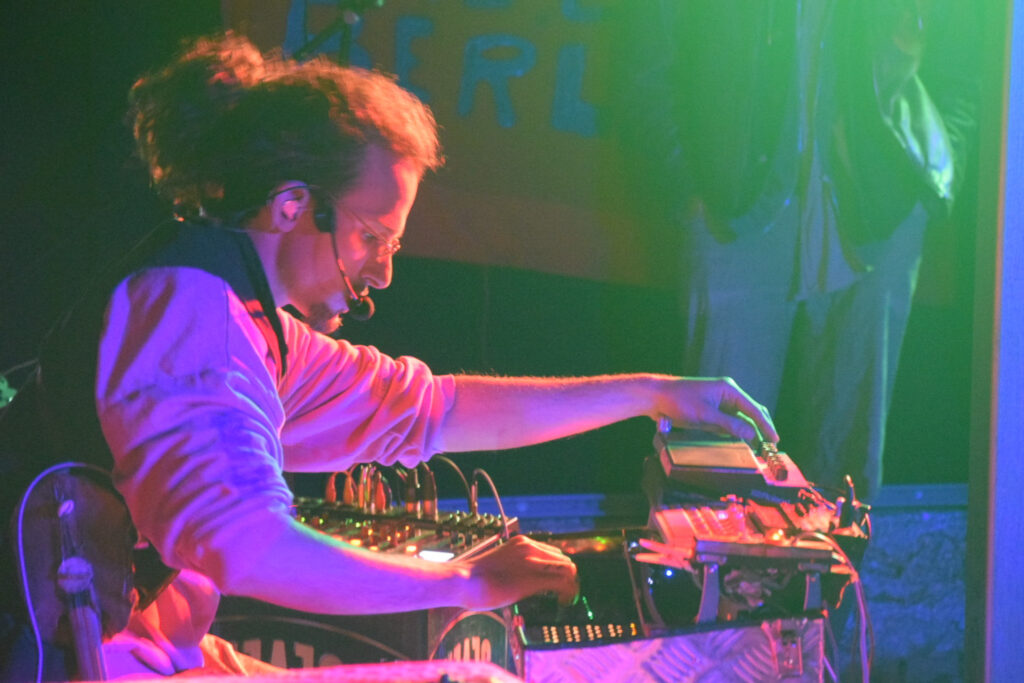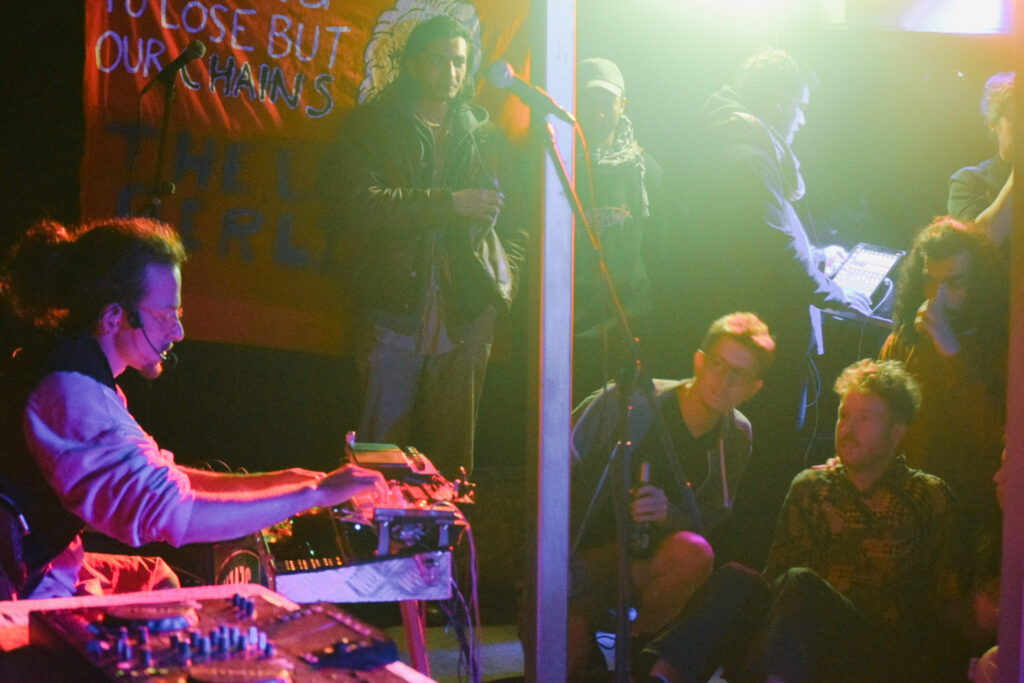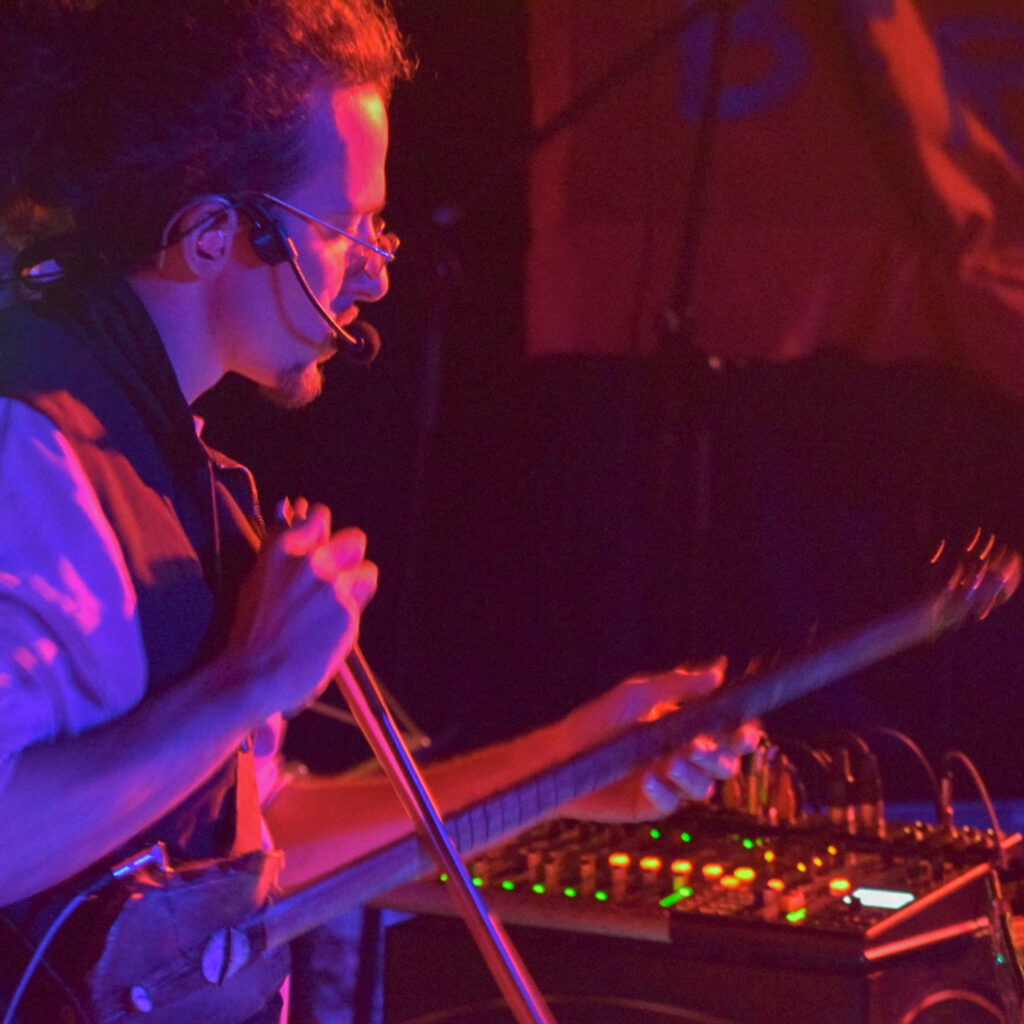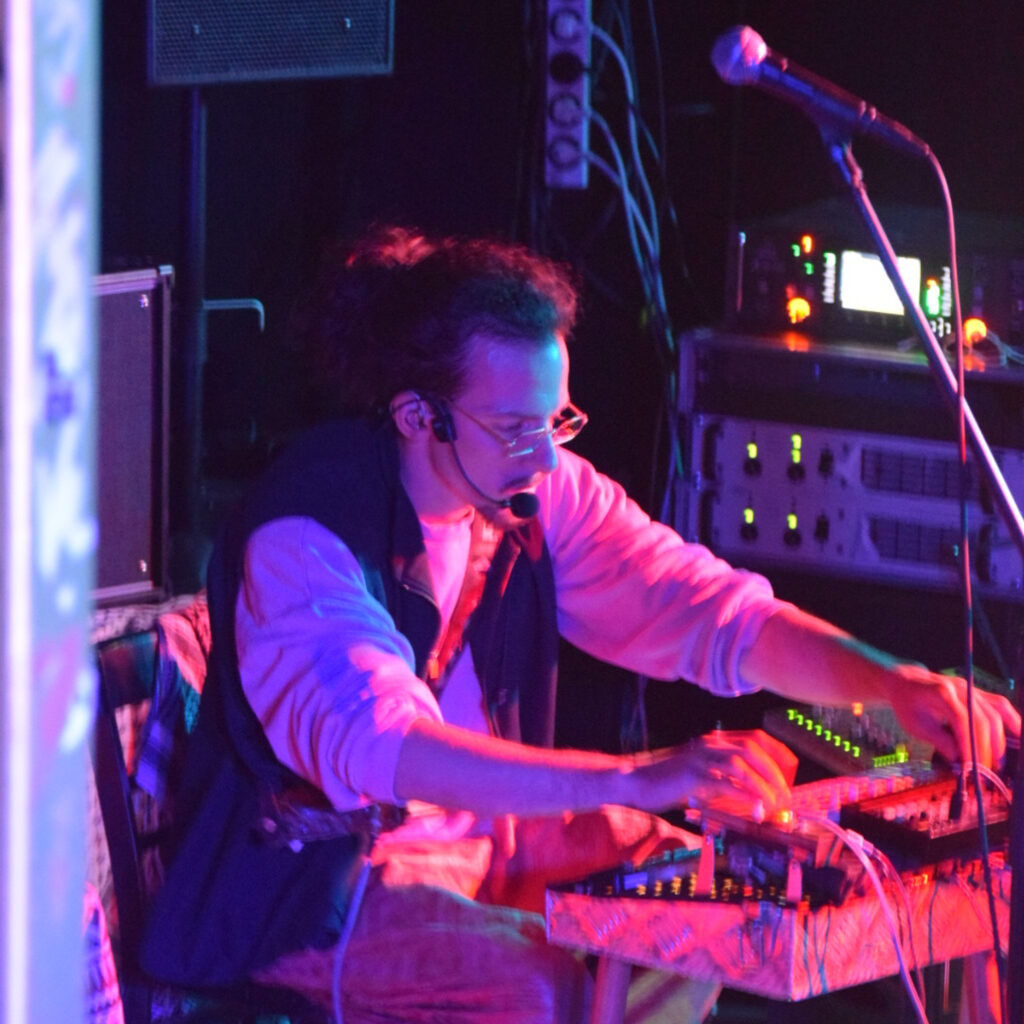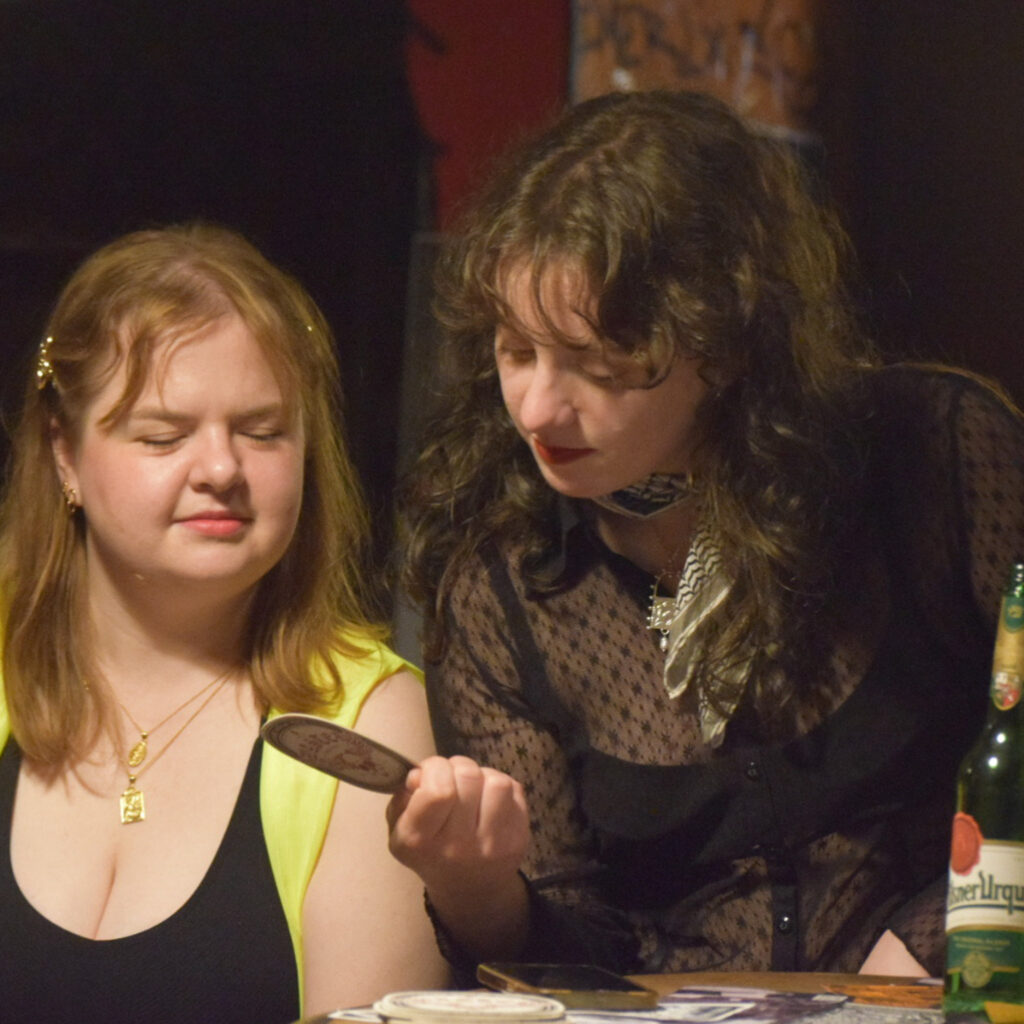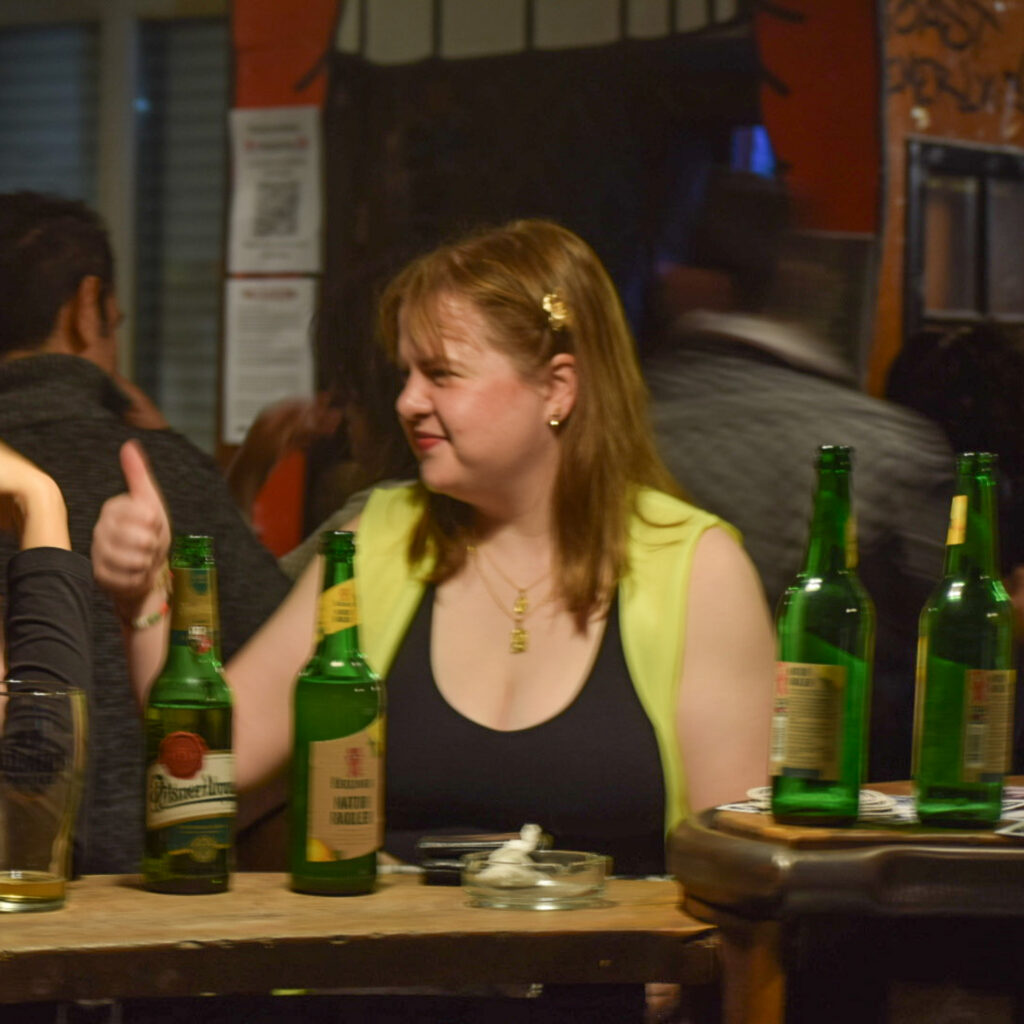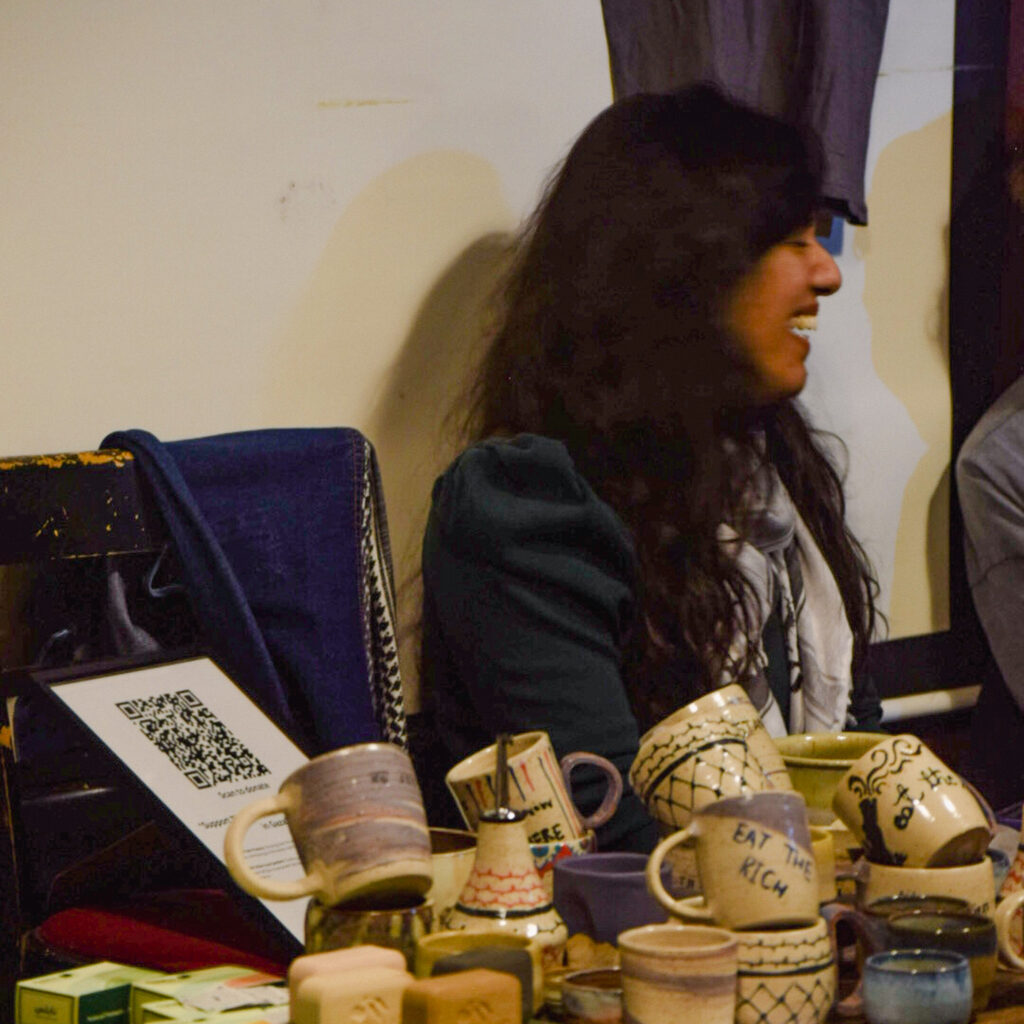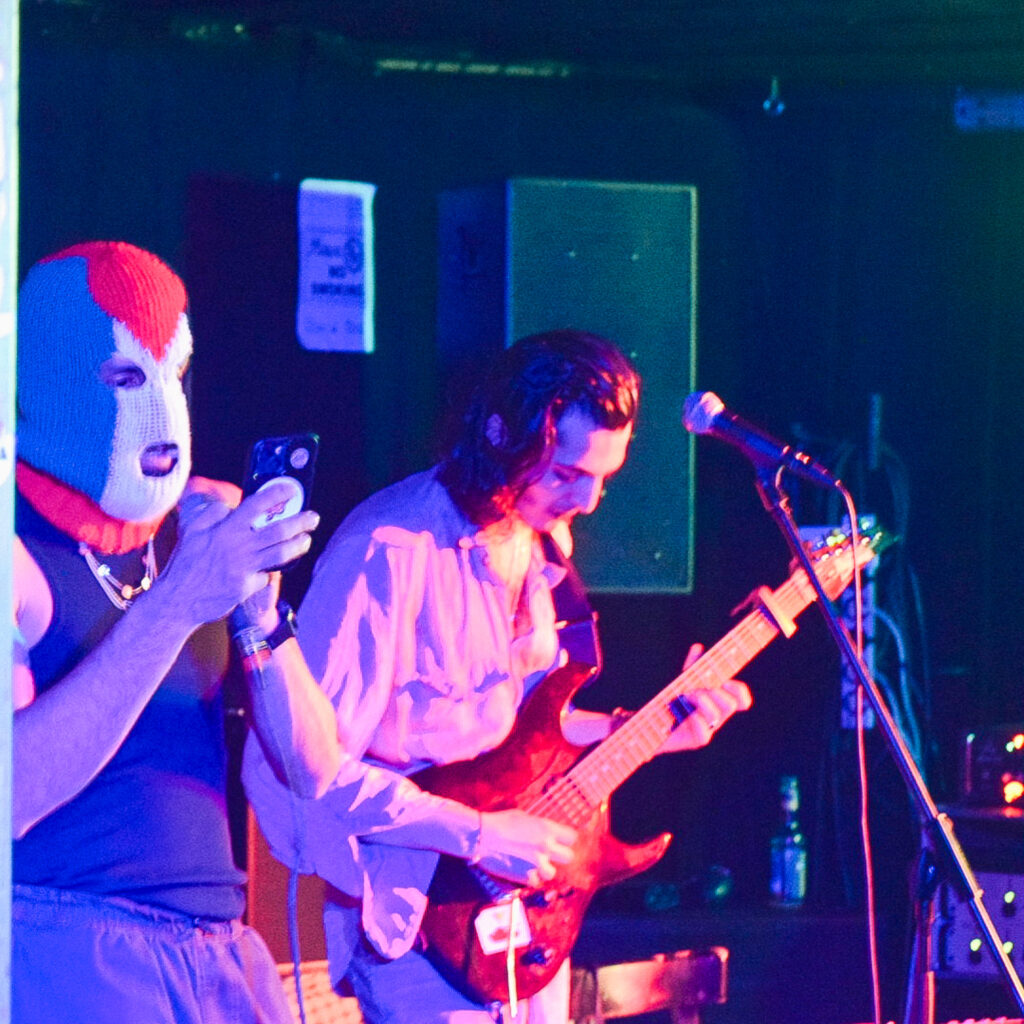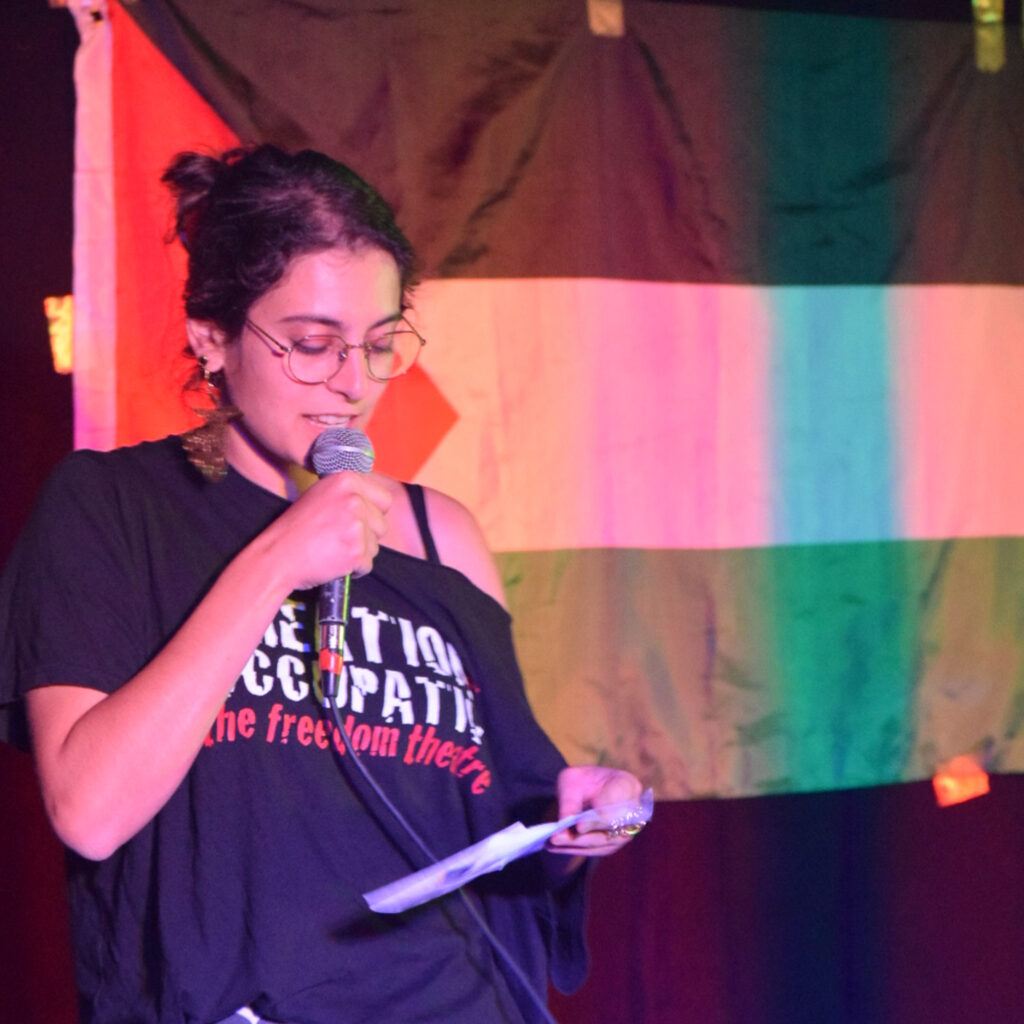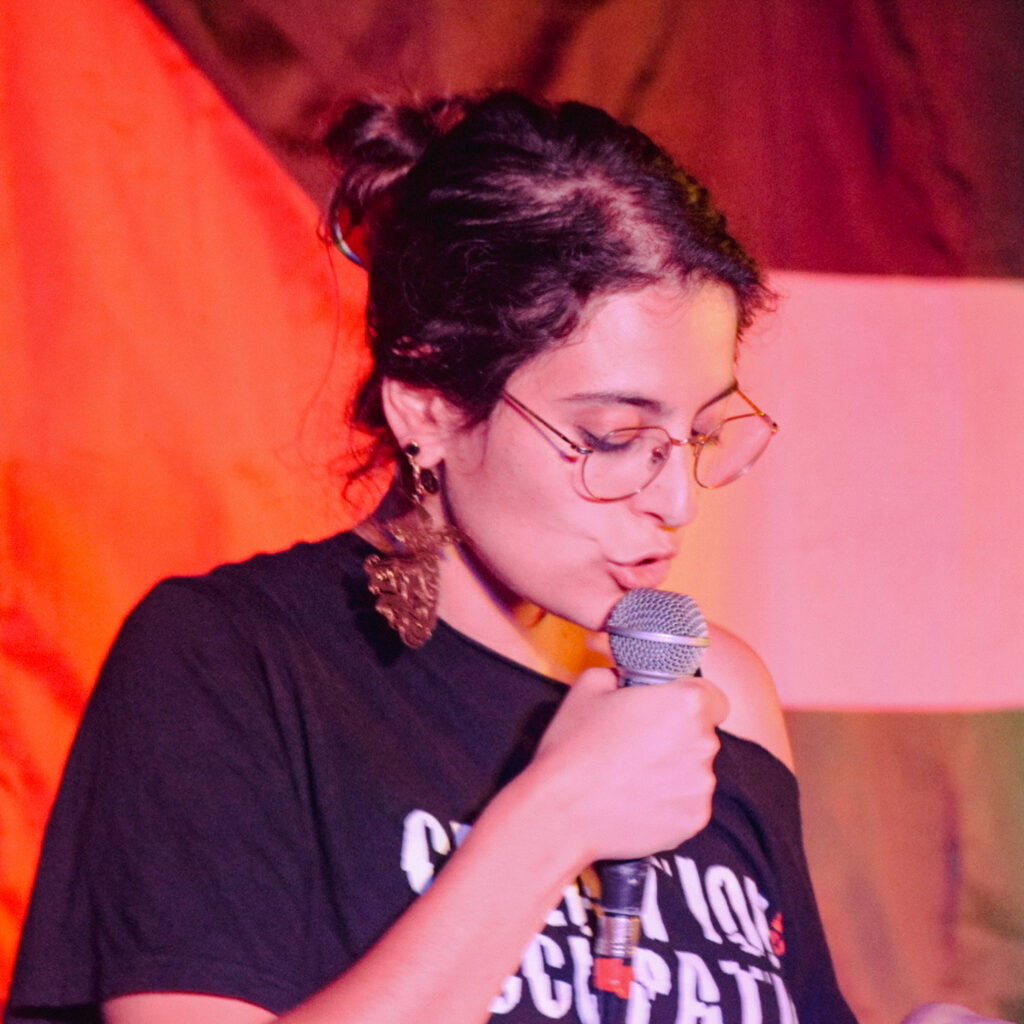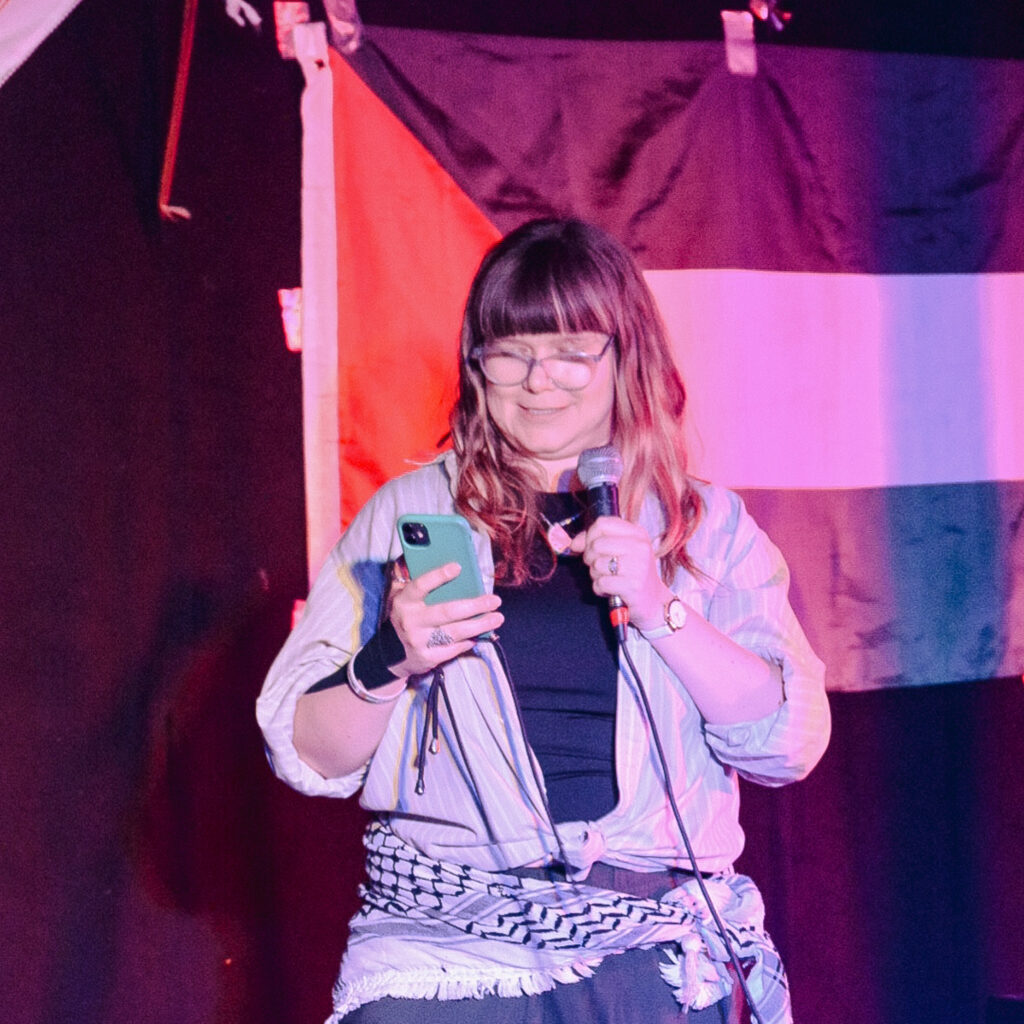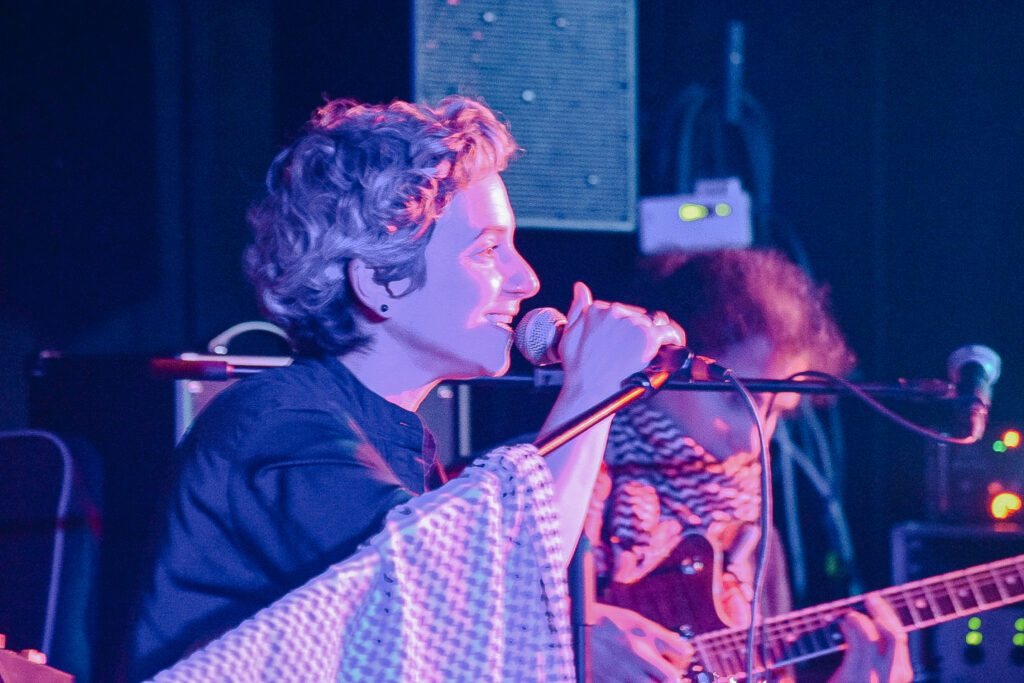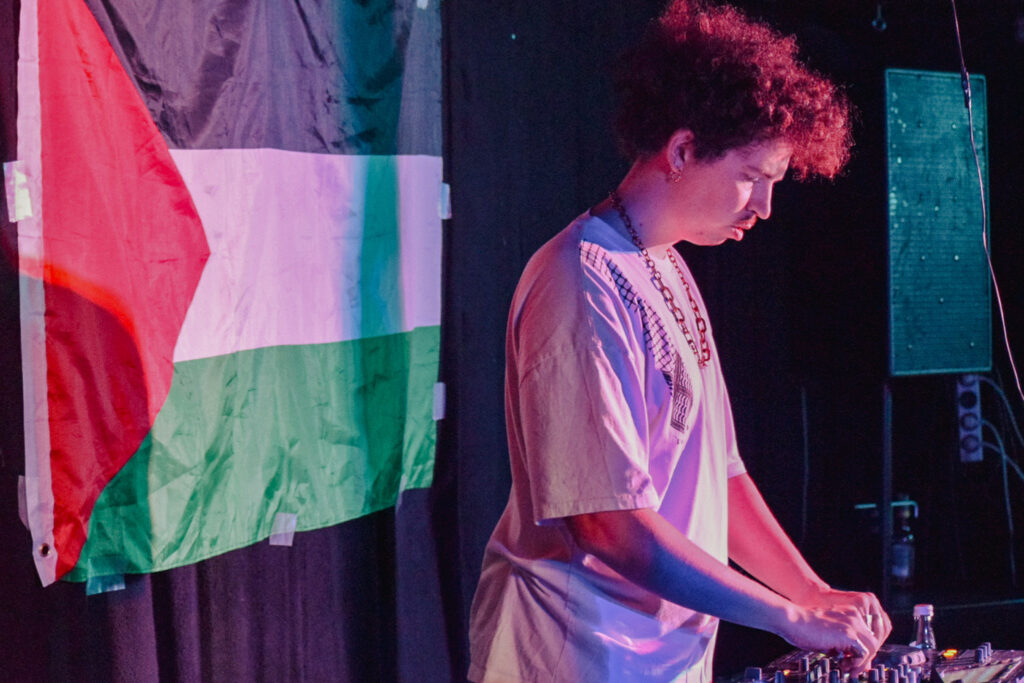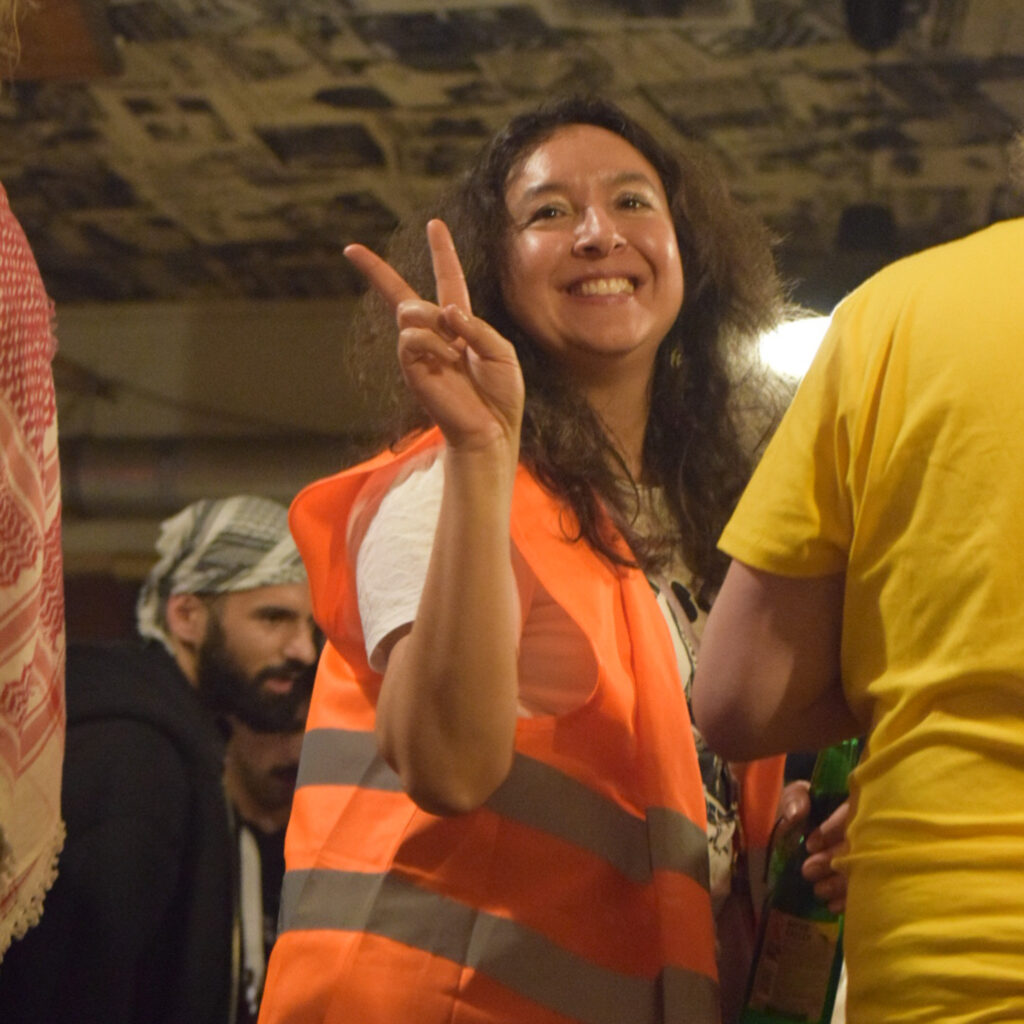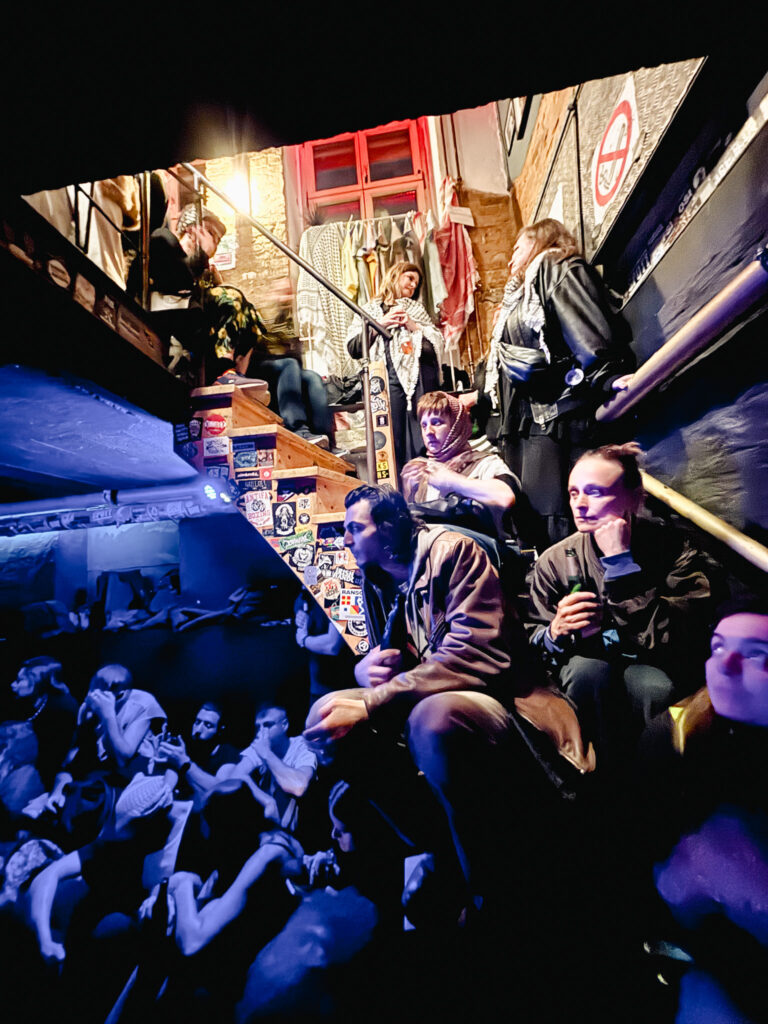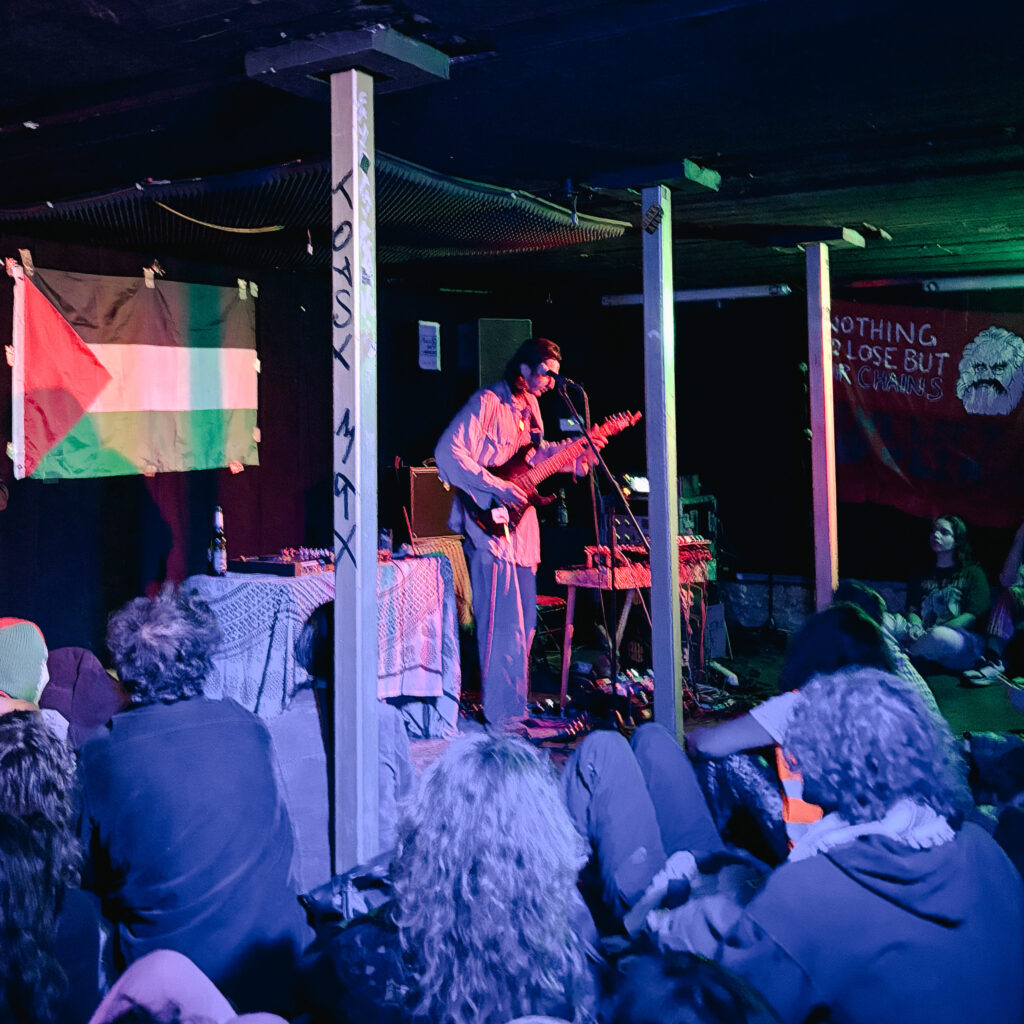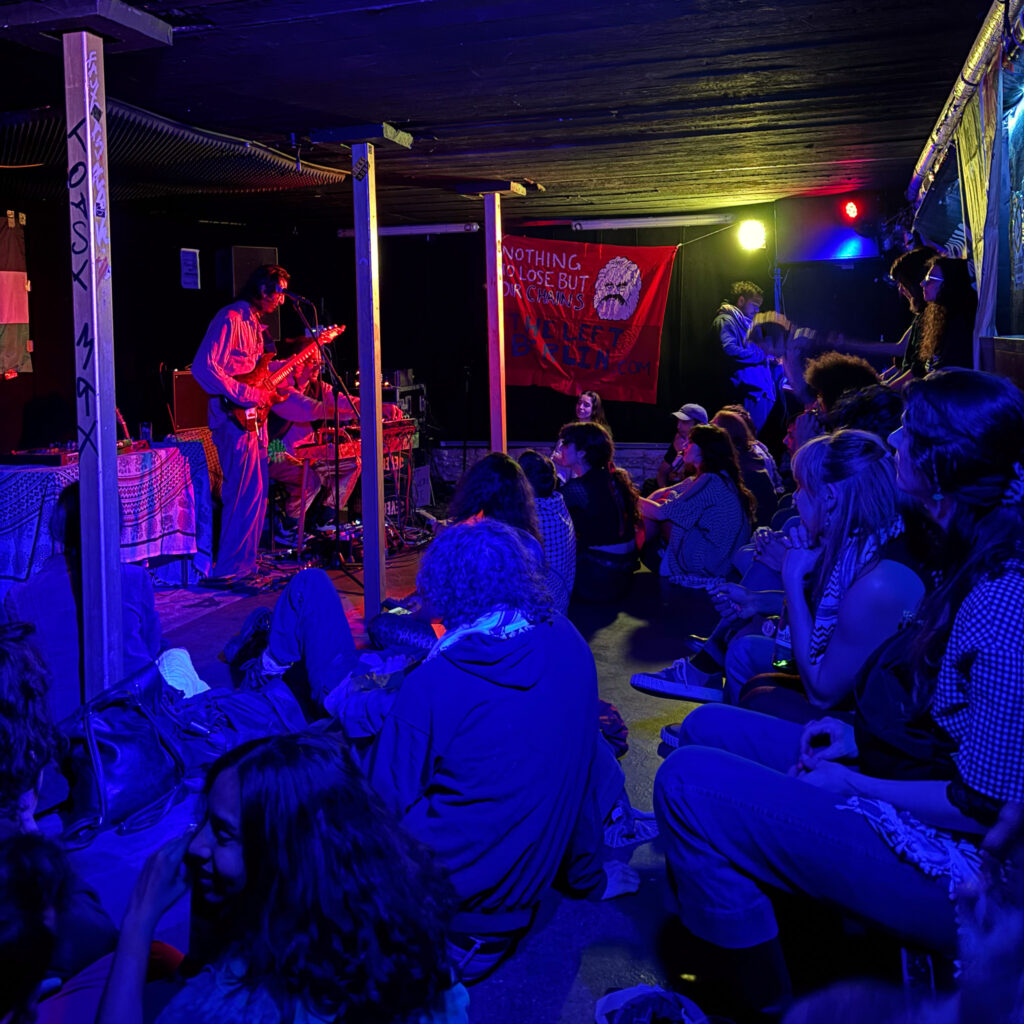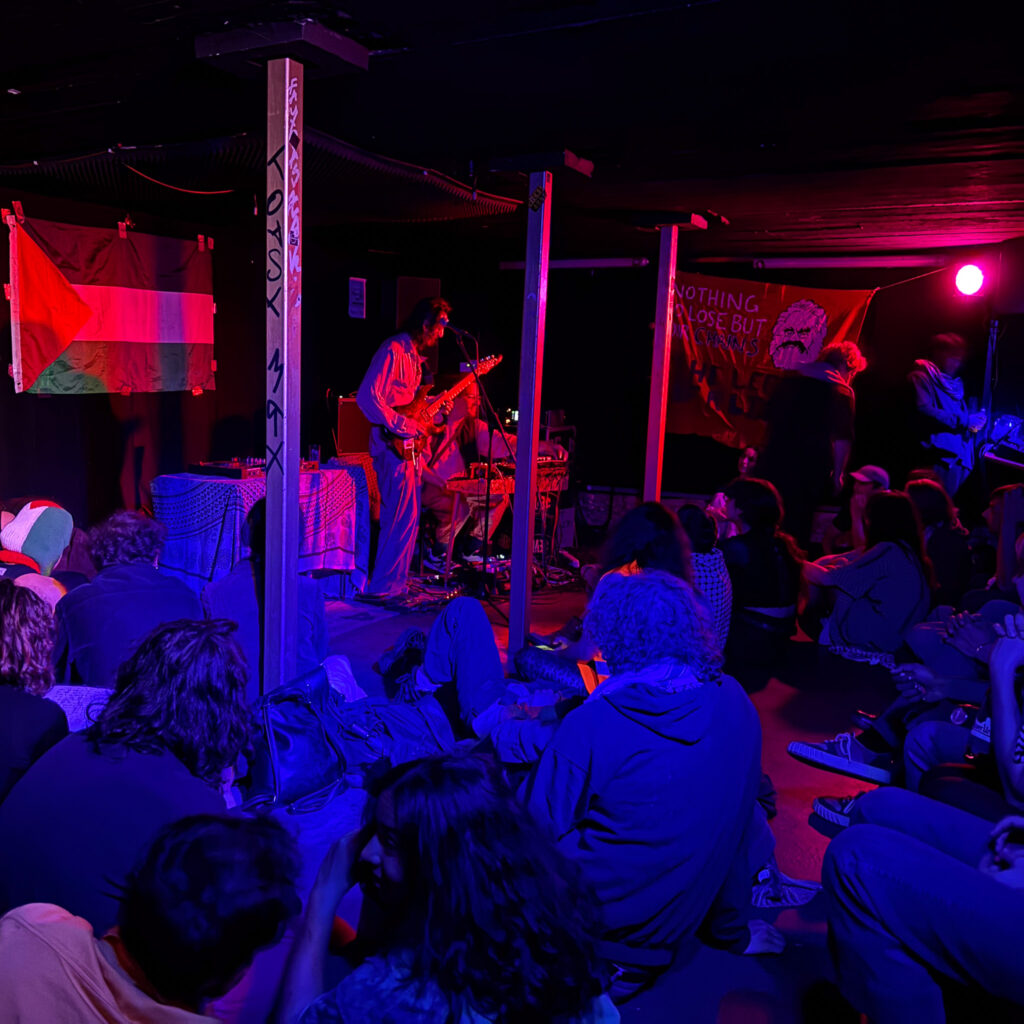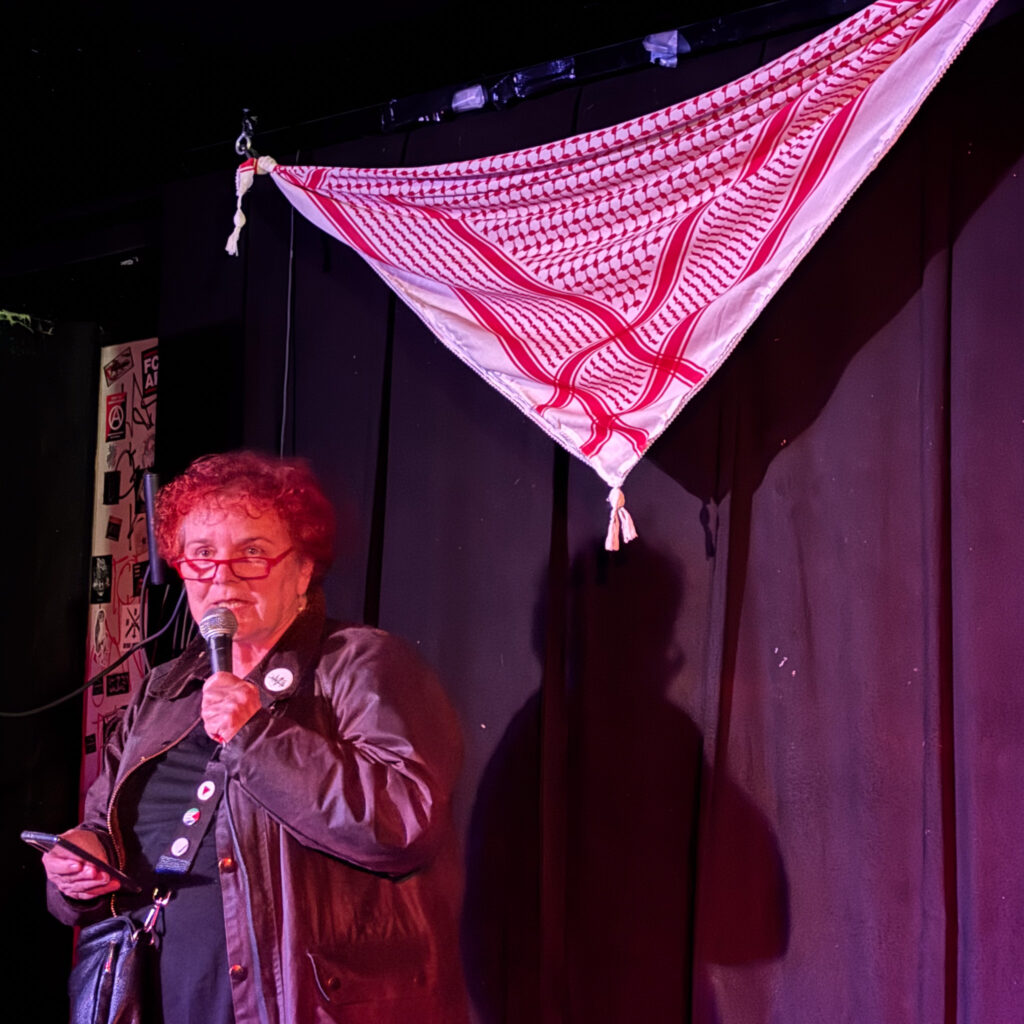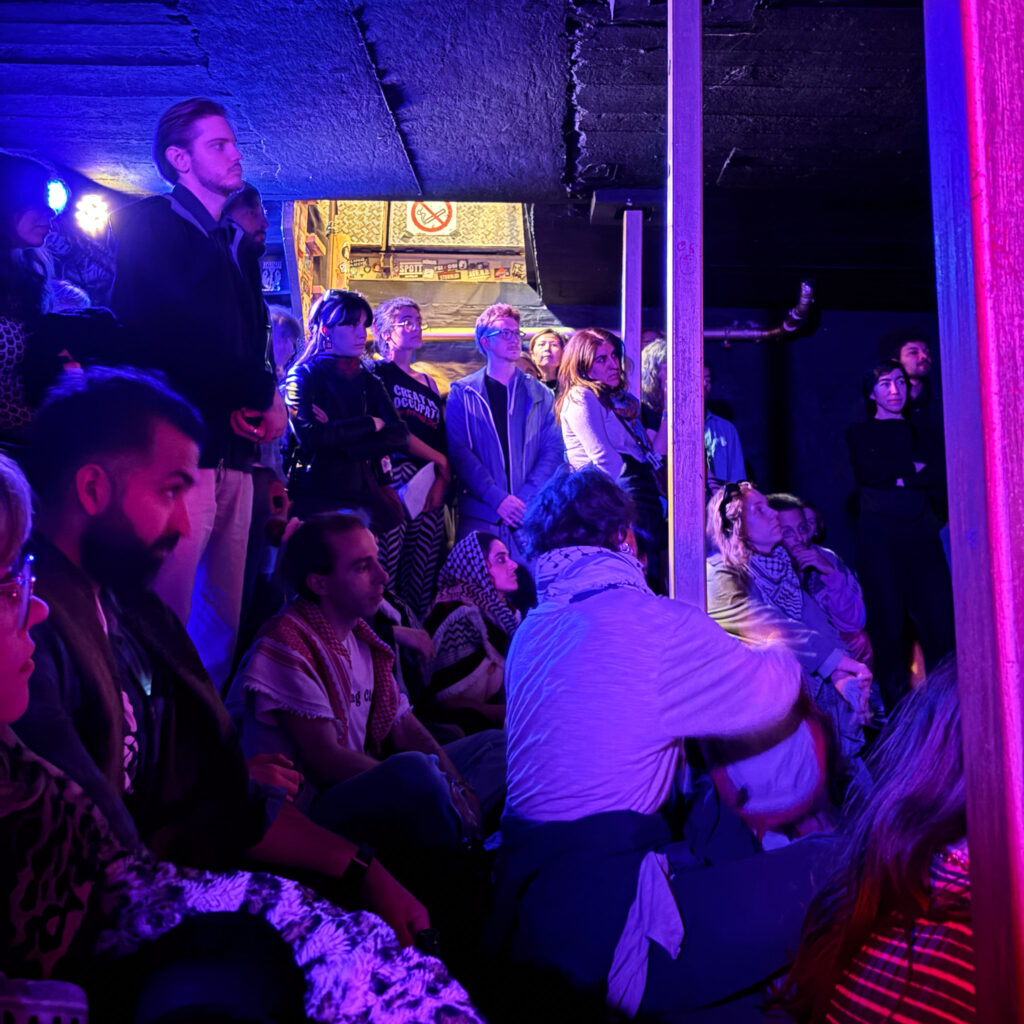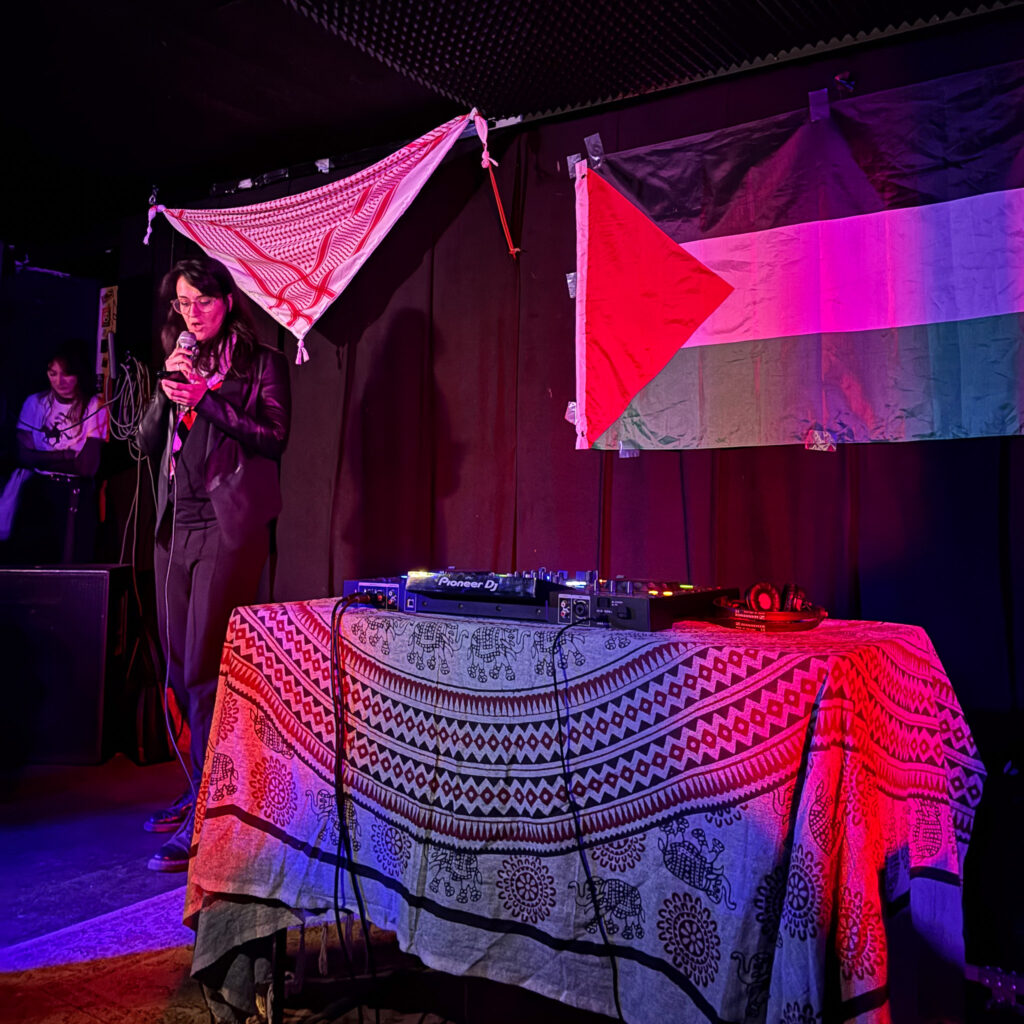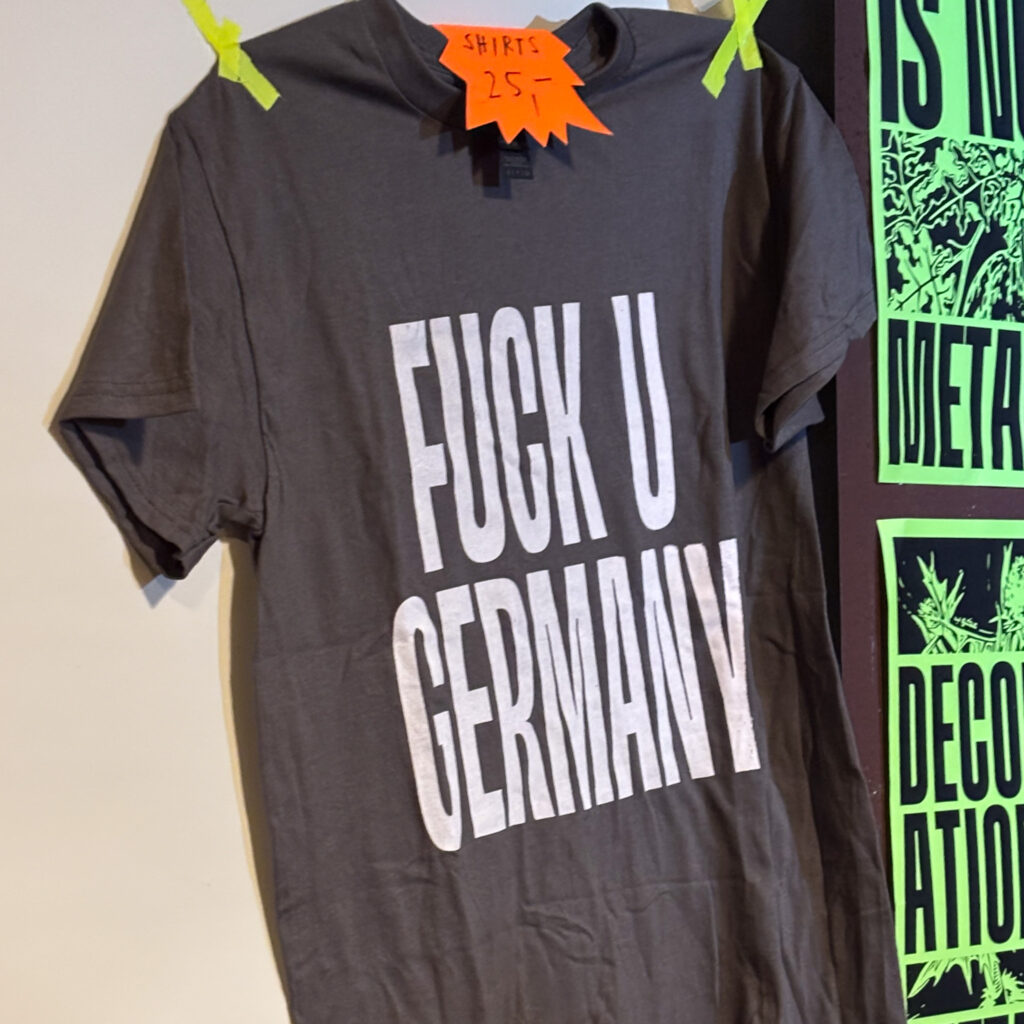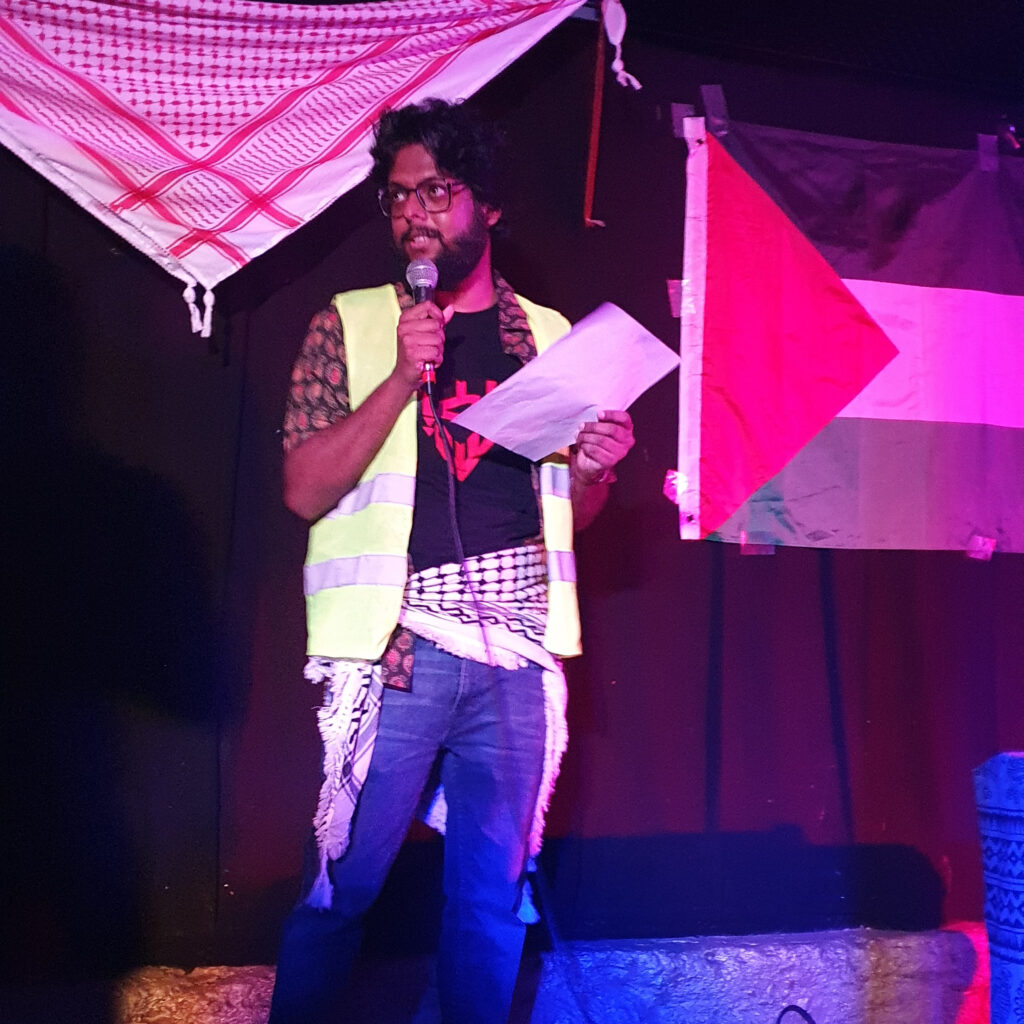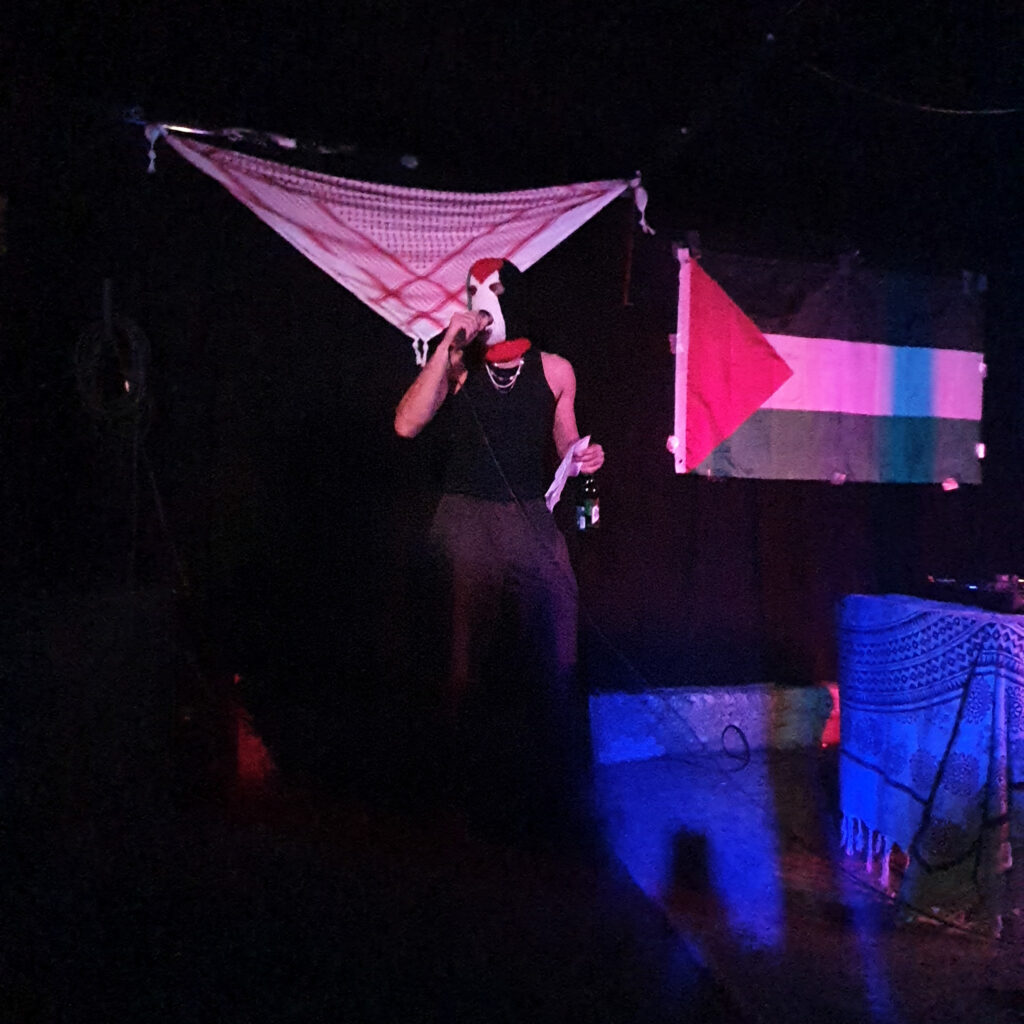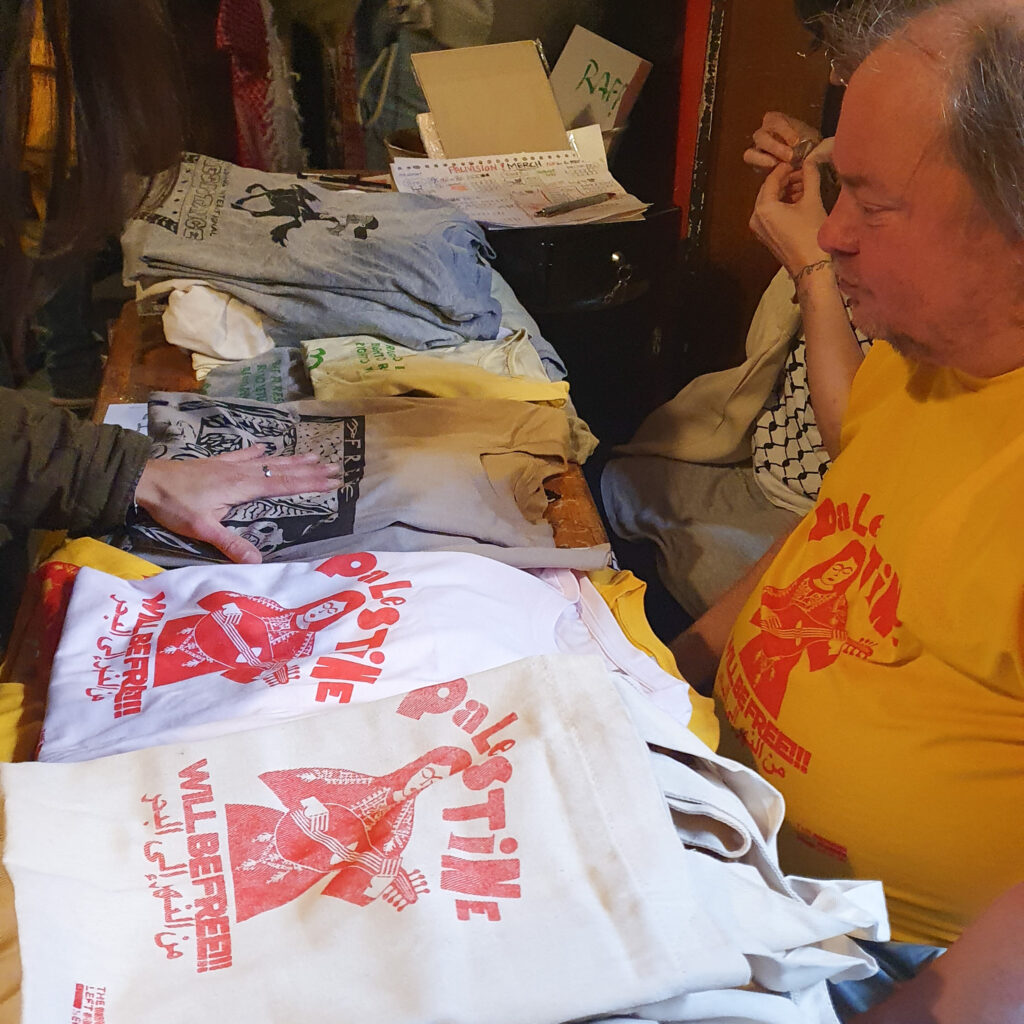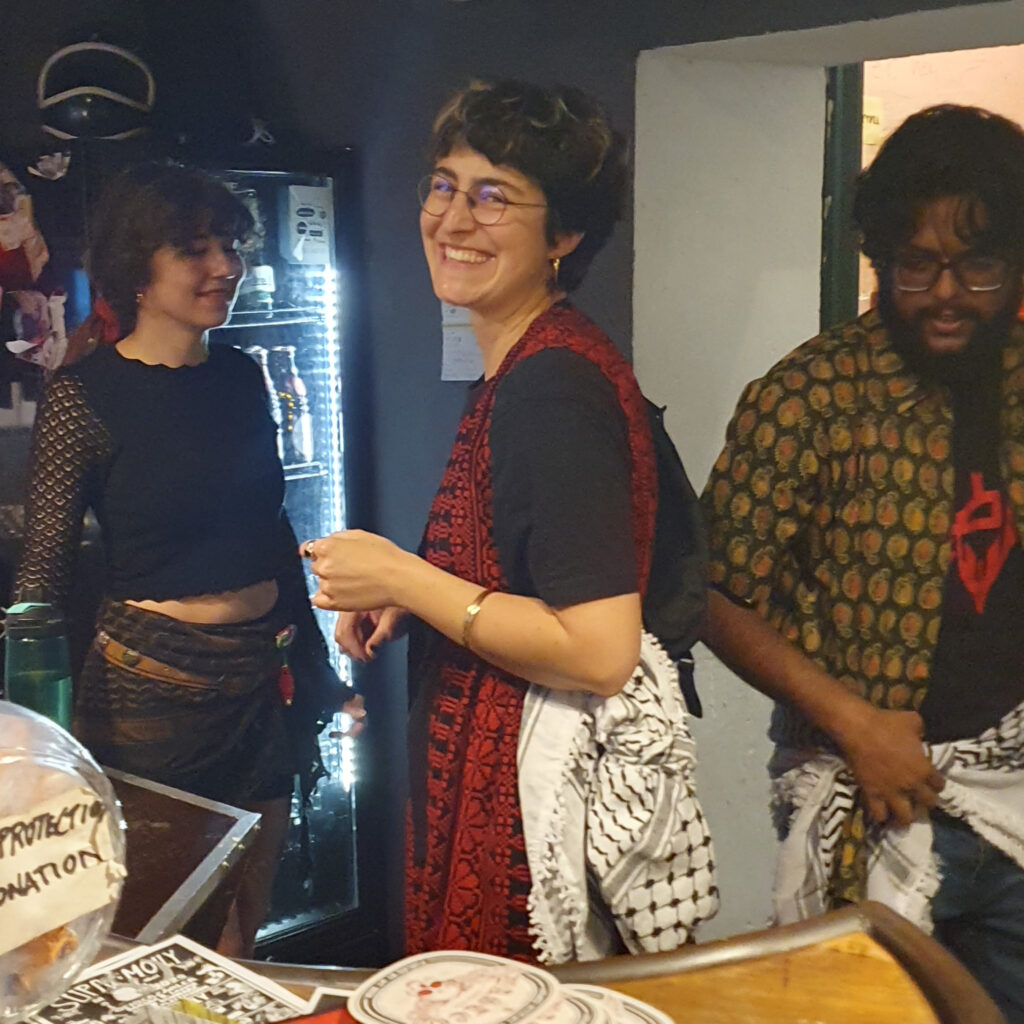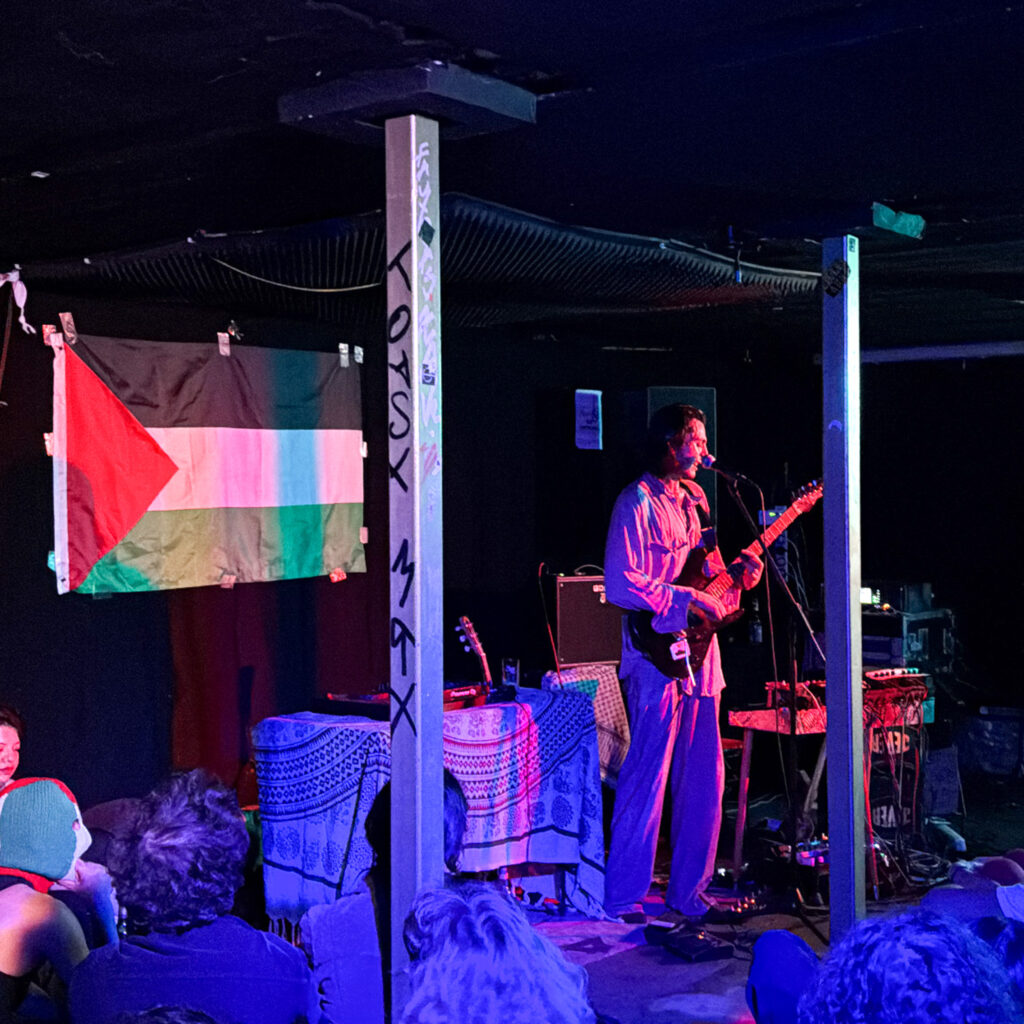From the Bloque Latinoamericano Berlin, we join the voices denouncing the structural fraud in the electoral process in Ecuador. This is not just a matter of manipulating the vote count in favour of Daniel Noboa, but of an election that took place under an authoritarian regime with anti-democratic practices: from the illegal candidacy of the president to the state of emergency on the eve of the second round. In light of this fraudulent and militarised situation, we demand that legal channels be opened for an independent investigation into the violations of the Code of Democracy that affected the electoral process as a whole, and we support the request for an audit of the National Electoral Council’s computer system.
What happened in the second round?
The 2025 electoral process in Ecuador took place in a context of heightened violence, fear-mongering, and anti-democratic attacks by the government of Daniel Noboa, who did not even request leave from office to run for president. In the first round on February 9th, the gap between Noboa (44.17%) and Luisa González (44%), the candidate of the Citizens’ Revolution (Revolución Ciudadana), was only 0.17%. Leonidas Iza, the Pachakutik candidate, came in third with 5.25% of the vote. Between the first and second rounds on April 13th, the Citizens’ Revolution and Pachakutik, together with left-wing movements, signed a historic agreement with 25 programme points to support González’s candidacy and committed themselves to promoting a process of national unity. All 13 polls, including those conducted by the ruling party, indicated that González was leading the race.
Given these circumstances, the result announced by the National Electoral Council on April 13th came as a surprise to everyone. Noboa was declared the winner with 55.63% of the vote, ahead of González’s 44.37%. The difference of more than 10 points seems implausible in a contest that, although close, never showed such a large gap. González did not accept the result: “The Citizen Revolution has always recognised defeat when the statistics have shown it. (…) We are going to ask for a recount and for the ballot boxes to be opened. (…) The country is facing the biggest and most grotesque fraud that we Ecuadorians have ever witnessed.”
The Citizen Revolution-Challenge alliance filed challenges to nearly 2,000 ballot papers showing numerical and signature inconsistencies. However, at its session on April 24th, the CNE dismissed these challenges and proclaimed the results of the second round, confirming Noboa as the winner. From this date, political organisations have two days to appeal this decision and three more days to file appeals with the Contentious Electoral Tribunal.
As popular movements that raise the banner of truth and justice, we know that the legal battle will be arduous and exhausting, but we must fight with all the tools at our disposal and on all fronts.
An undemocratic, fraudulent and irregular electoral process
The movements that make up the popular camp inside and outside Ecuador have received the CNE’s election results with great concern, alertness, and open questions. We already knew that the playing field was uneven, as the race did not take place under even the most minimal democratic conditions. However, we may have erred in not emphasising even more in our previous analyses the profoundly anti-democratic implications of the electoral and criminal violations, alongside the escalation of persecution, intimidation, and dirty campaigning by Noboa’s extreme right-wing regime. It was a process riddled with irregularities from start to finish, ones that violated both the Constitution and the Code of Democracy. These violations were possible because the authoritarian regime has co-opted all the bodies that, in theory, should be autonomous and independent, mainly the Attorney General’s Office, the Constitutional Court, the Electoral Court and the National Electoral Council.
The American Association of Jurists concludes that “the elections held under these conditions must be considered a structurally fraudulent process” due to the misuse of executive power, violations of constitutional and electoral regulations, the undue concentration of power and violations of international law, irregularities and manipulation during and after the process, as well as statistical anomalies. It is the electoral process as a whole, lacking democratic guarantees, that various organisations and movements, including ours, are denouncing as structural fraud in Ecuador.
Let us name some of the scandalous irregularities: Noboa could never have been a ‘president-candidate’, a legal aberration; he should have requested leave and appointed the elected vice-president, Verónica Abad. Not only did this procedure not take place, but the Electoral Court sanctioned Abad with the suspension of her political rights. This sanction was the culmination of the political persecution against Abad unleashed by Noboa in 2023. During the campaign, Noboa made illegal and illegitimate use of huge amounts of public resources, both to issue bonds for patronage purposes and to hire international artists and mercenaries such as Erik Prince, founder of the US paramilitary company Blackwater (which participates in wars around the world, such as in Iraq and Afghanistan), for his campaign.
The privatisation of the iron fist. Erik Prince in operation with 650 military and police officers to raid homes (Photo: Gerardo Menoscal / AFP)
The regime deliberately obstructed the exercise of political rights by the population in the provinces where the Citizen Revolution won in the first round, slowing down the issuance of identity cards during the election period and escalating the violation of rights on the eve of the second round. On April 12th, Noboa declared the ninth state of emergency of his term across five provinces on the coast (Guayas, Los Ríos, Manabí, Santa Elena and El Oro), two provinces in the Amazon region (Orellana and Sucumbíos), in a canton that is the epicentre of the anti-mining struggle (Camilo Ponce Enríquez in the province of Azuay), in Quito, in two other cantons, and in all prisons. This authoritarian executive order suspends citizens’ constitutional rights and guarantees for 60 days, such as freedom of assembly and movement, as well as the inviolability of the home and correspondence.
In turn, the civil-military regime imposed a curfew in 22 cities between 10 p.m. and 5 a.m. Polling stations were changed at the last minute or closed prematurely. Ecuadorians living in Venezuela were banned from voting. In preparation for the second round, at the request of Noboa, the National Electoral Council implemented a controversial ban on voters photographing their ballots under penalty of a fine, thus restricting individual freedoms. As a result, the personal data of many citizens who used their mobile phones in the voting booth were recorded on lists. There are reports of intimidation by military personnel who threatened those who used their phones for audiovisual recording anywhere on the premises, particularly delegates from accredited political organisations monitoring the election.
Irregularities have been reported in all phases of the counting process, from the counting at the polling stations to the digitisation centres. For example, many counting reports arrived without the signatures of the members of the polling station and the delegates of the political organisations present. In addition, the preliminary report of the Electoral Observation Mission of the Organisation of American States states that “at the time of closing and counting, both in overseas voting and in the national territory, the Mission observed that problems were encountered because the ink used to mark the ballots transferred between political options when they were folded, due to the symmetry of the design. This situation caused confusion in the interpretation of the vote and, in some cases, led to its annulment”. The statistical anomalies in provinces where González not only failed to gain votes but lost large numbers of votes between the first and second rounds are highly suspicious. The list of irregularities continues to grow day by day and has been documented and substantiated by various organisations.
We also denounce the intensification of political persecution following the April 13th elections. The repressive forces of the State and the immigration authorities have received lists with the names and photos of militants of the Citizen Revolution, members of social movements and alternative media outlets. The systematic attacks by the right wing against leaders of the plurinational-popular camp, such as Leonidas Iza, keep us on alert. We call on the international community to be vigilant in the face of the radicalisation of a civil-military regime that is using the most sinister practices derived from the doctrine of the internal enemy.
Fraud that matters, fraud that doesn’t…
All these irregularities during the electoral process are not isolated cases or decisions taken by the executive and other state functions in an accidental and unpremeditated manner, but rather respond to intertwined strategies to destabilise democracy, attack progressive and left-wing forces and violate the political and social rights of the population as a whole.
In the analysis we published prior to the elections, we emphasised the structural reasons and oligarchic interests at stake in the escalation of narco-violence in Ecuador. We also argued why the Agreement for Life between the Citizen Revolution and Pachakutik seemed to us to be the correct response in the run-up to the second round. However, we failed to highlight more explicitly that this was not a normal election between candidates from different political sides, but rather an authoritarian and structurally flawed electoral process. In this sense, the election, beyond being between the candidate of the progressive left and the right-wing drug trafficker-president, was an election between democracy and authoritarianism. What is at stake is the possibility of rebuilding democratic minimums or deepening the free fall towards authoritarianism with fascist practices carried out by Noboa.
The playing field has always been tilted in favour of the economic and political interests of the current regime, and the fraudulent electoral process is a dangerous sign of the consolidation of increasingly authoritarian power in the government. Just as there was no respect for human rights or democratic guarantees for the four Afro-Ecuadorian children murdered by the state in Guayaquil, there are no democratic guarantees for the entire Ecuadorian people to decide who will govern their country for the next four years. We are thus facing a breakdown of the rule of law in Ecuador that has reached a climax with the current structural fraud.
This scandal adds to the worrying setback of the rights fought for and won by workers and the plurinational-popular movements in the countryside, to neoliberal policies of hunger and terror, to the militarisation of impoverished neighbourhoods and to the obscene enrichment of the oligarchy, not despite but thanks to the growing level of violence that it has itself caused in order to profit from drug trafficking and illicit economies.
But since Ecuador is not Venezuela, the international community seems unconcerned about considering Noboa’s government illegitimate and imposing sanctions on Ecuador for electoral fraud. There are allegations of fraud that matter to the international right-wing narrative in order to reaffirm its condemnation of any government not allied with imperialism; and there is fraud that goes unnoticed because it allows Latin America to remain the Yankees’ backyard. Today’s Ecuador is no longer just the backyard, but has been turned into a sacrifice zone where techniques of militarised social control, repression of dissident voices, and annihilation of bodies considered disposable are being experimented with at an unprecedented speed. The necropolitical state murders impoverished children, while the oligarchy sells out the country and the global ruling classes accumulate wealth.
Where are the ‘democrats’ of the world who tore their clothes demanding that the polls be opened in Venezuela? The only leaders who have not recognised the results of the elections in Ecuador have been Gustavo Petro in Colombia, claiming that “there are no free elections under a state of siege”,’ and Claudia Sheinbaum in Mexico, who described the results as “dubious”, reaffirming that she will not resume relations with Ecuador after the unprecedented assault by police and military forces on the Mexican embassy in Quito in April 2024.
Who said all is lost?
As part of the popular forces and the Latin American diaspora in Germany, as internationalists, we denounce the irregularities that occurred during the electoral process in Ecuador, just as we have previously denounced the systematic violation of rights under Noboa’s neoliberal regime of death. We urgently call on social movements and left-wing parties in Germany to denounce the serious disruption of the democratic order in Ecuador.
We call for the continued building of left-wing political organisations and social movements that can respond to the most urgent needs of the Ecuadorian people now and in the future. In the face of Noboa’s narco-state policies, which are tearing apart the social fabric, the response is and will always be popular organisation and compassion, in order to build and dream of an Ecuador where children’s lives are not at risk, where the land, water and dignity are not plundered.
As a migrant organisation in Germany, we are committed to consolidating our political community, which is active in solidarity with what is happening on the other side of the Atlantic. Together with sister collectives such as SoliSur, we have organised a series of political and cultural meetings to collectively analyse the situation in Ecuador and to accompany each other as a community in these difficult times. We invite you to join us in our spaces to continue fighting together for a better future for Ecuador.10
We embrace our Ecuadorian brothers and sisters in this difficult time and stand in solidarity with their pain. Hope is a fire that is difficult to extinguish, but our peoples have known how to resist centuries of horror, dictatorships, genocide and cipayos. Against Noboa and his regime of terror, we will also resist!
Let us fan the flames of hope, of hard-baked clay, of the soul of the green hills, of the light and blood of our people, of the sun of our ancestors.
Sign up for the Latin American Bloc newsletter at this link, and follow SoliSur on YouTube here.
Cultural gathering for hope, Casa Popular Marielle Franco, Berlin (13 April 2025)
This article originally appeared in Spanish on the Bloque Latinoamericano website. Translation: Roser Gari Perez, Reproduced with permission.
